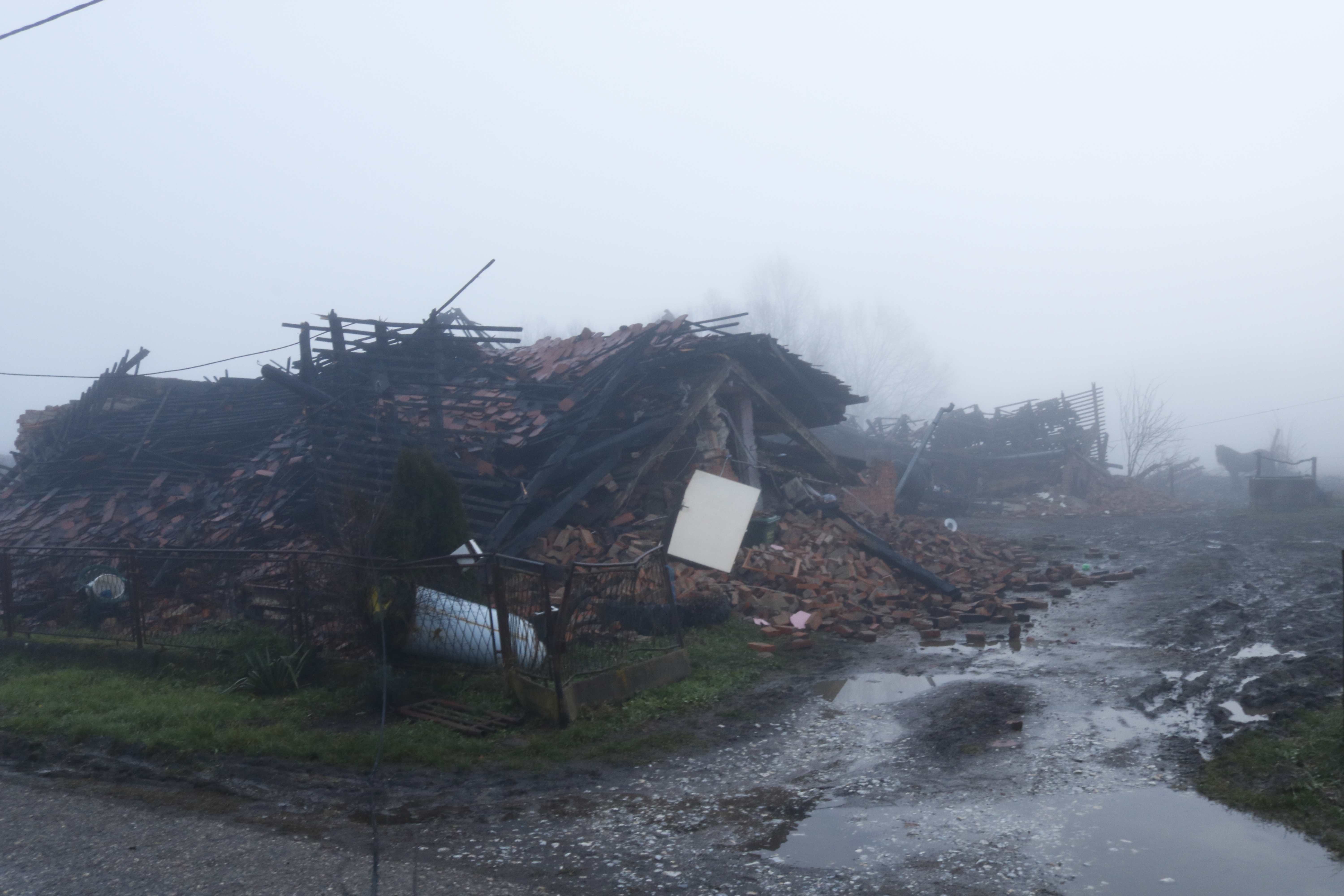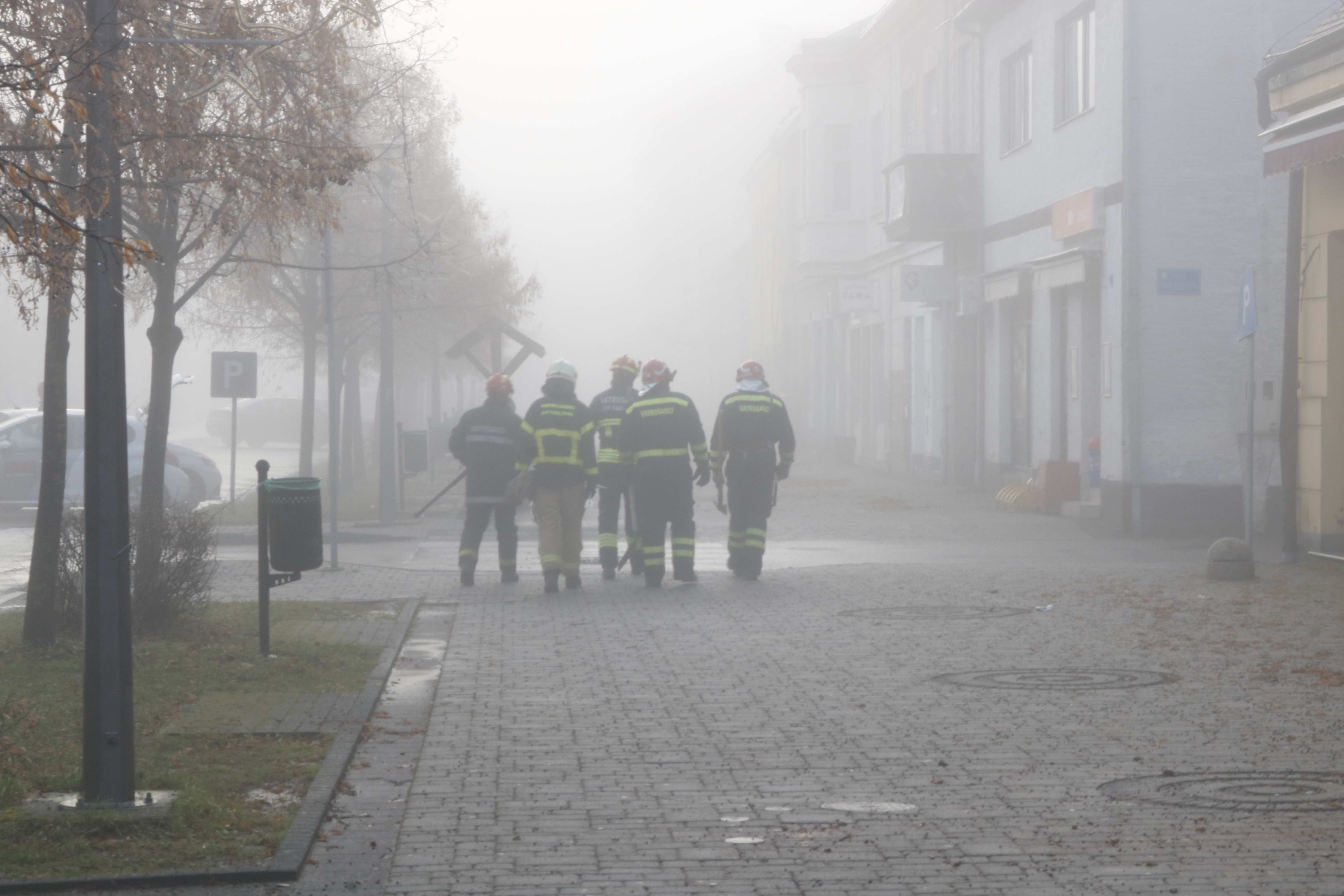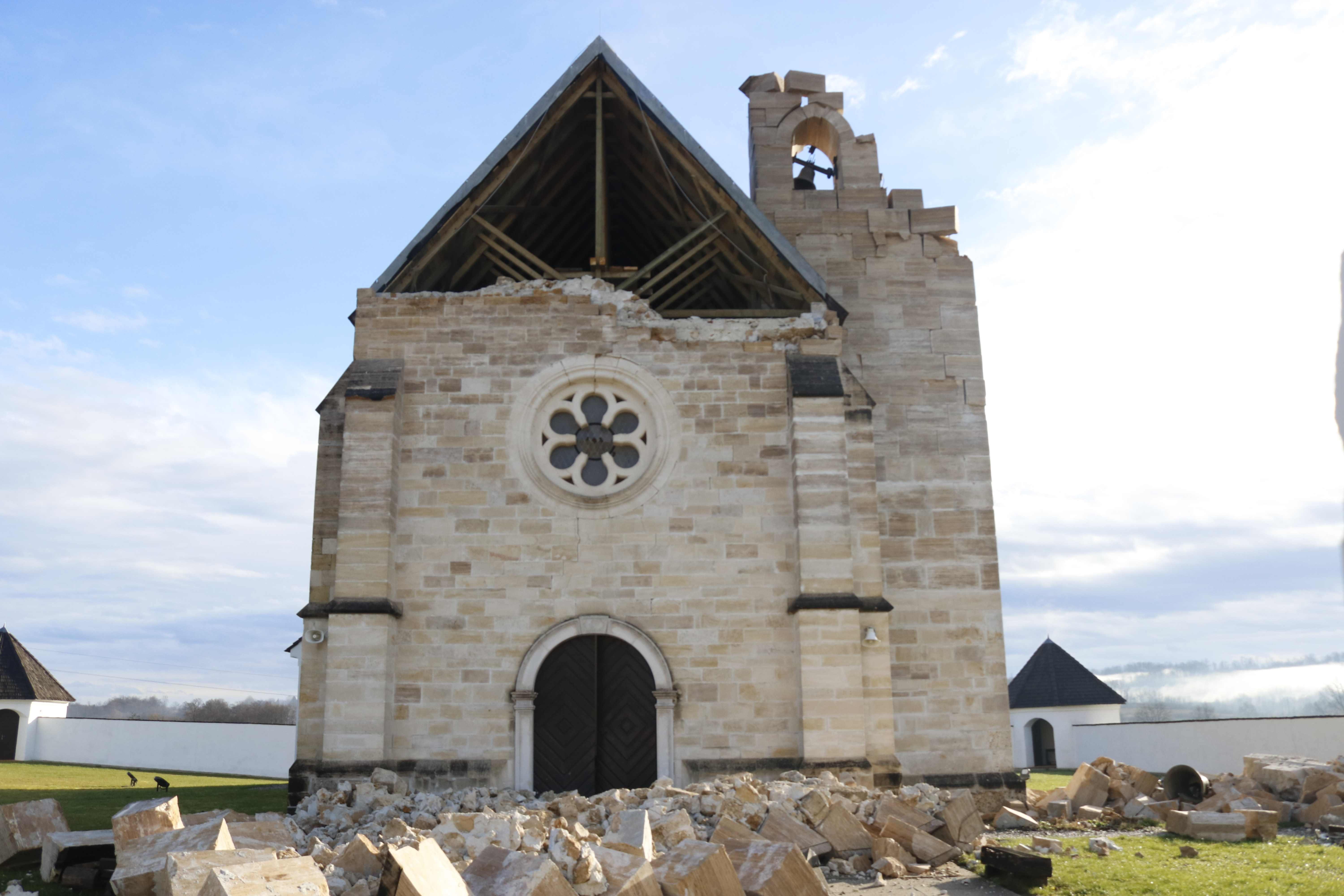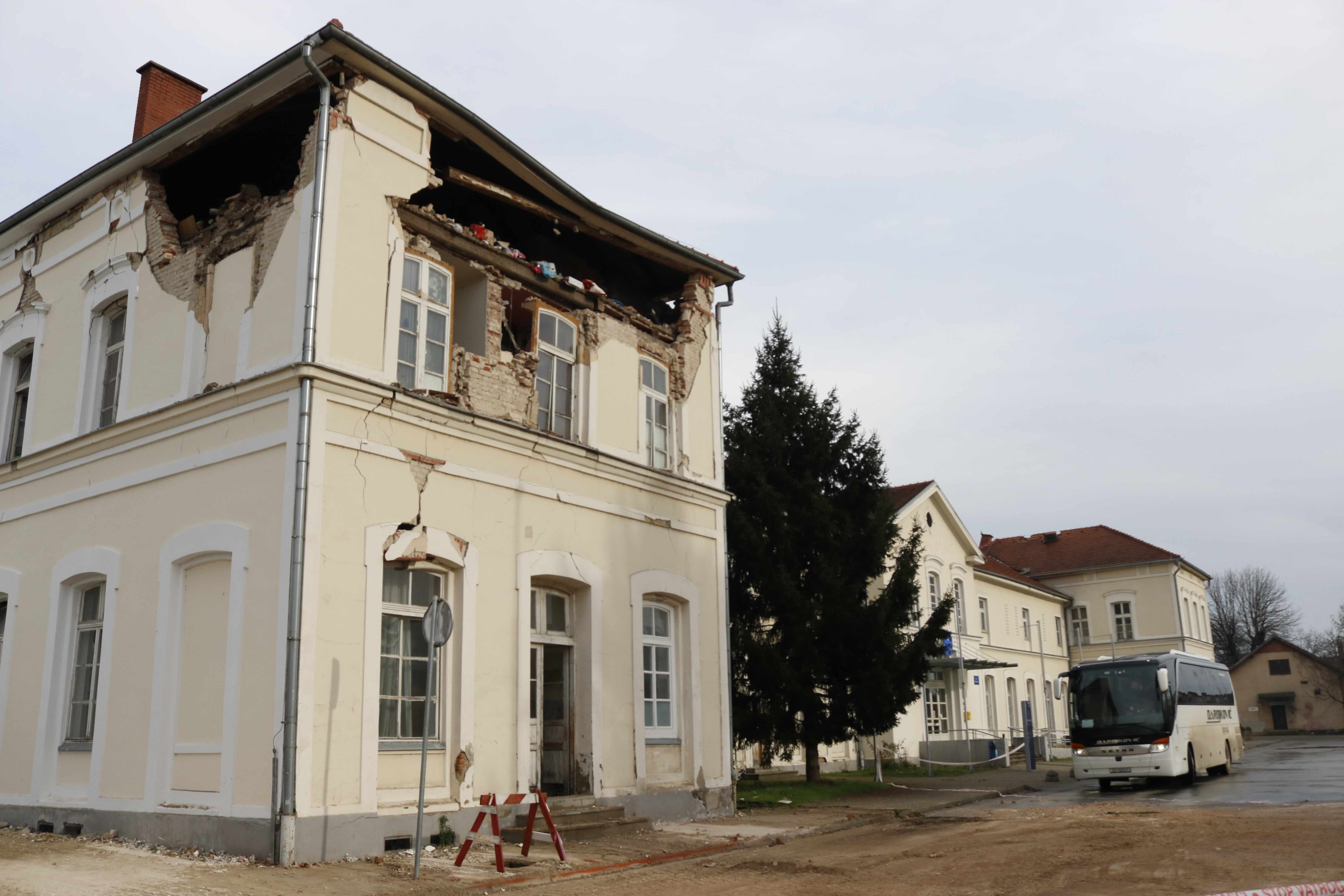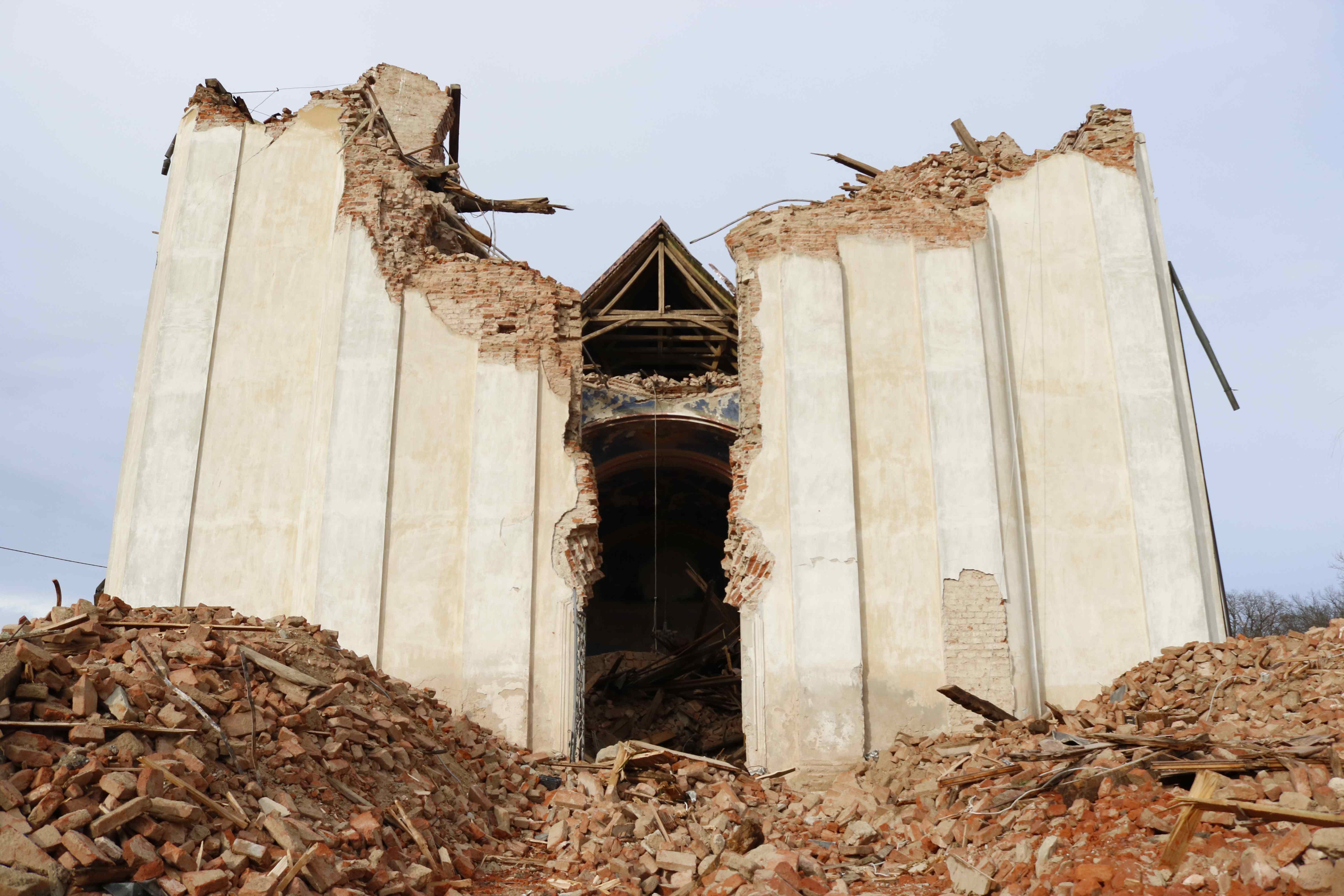PHOTOS: Majske Poljane, Glina and Petrinja One Day After The Earthquake
December 31, 2020 – Total Croatia News visited Majske Poljane, Glina and Petrinja one day after the earthquake. It is difficult to find words to describe the devastation we saw. Perhaps pictures tell the story better
Majske Poljane

Majske Poljane is a rural community. Such was the devastation here, it was difficult to tell which of the destroyed buildings had yesterday been used for agriculture or if they'd been homes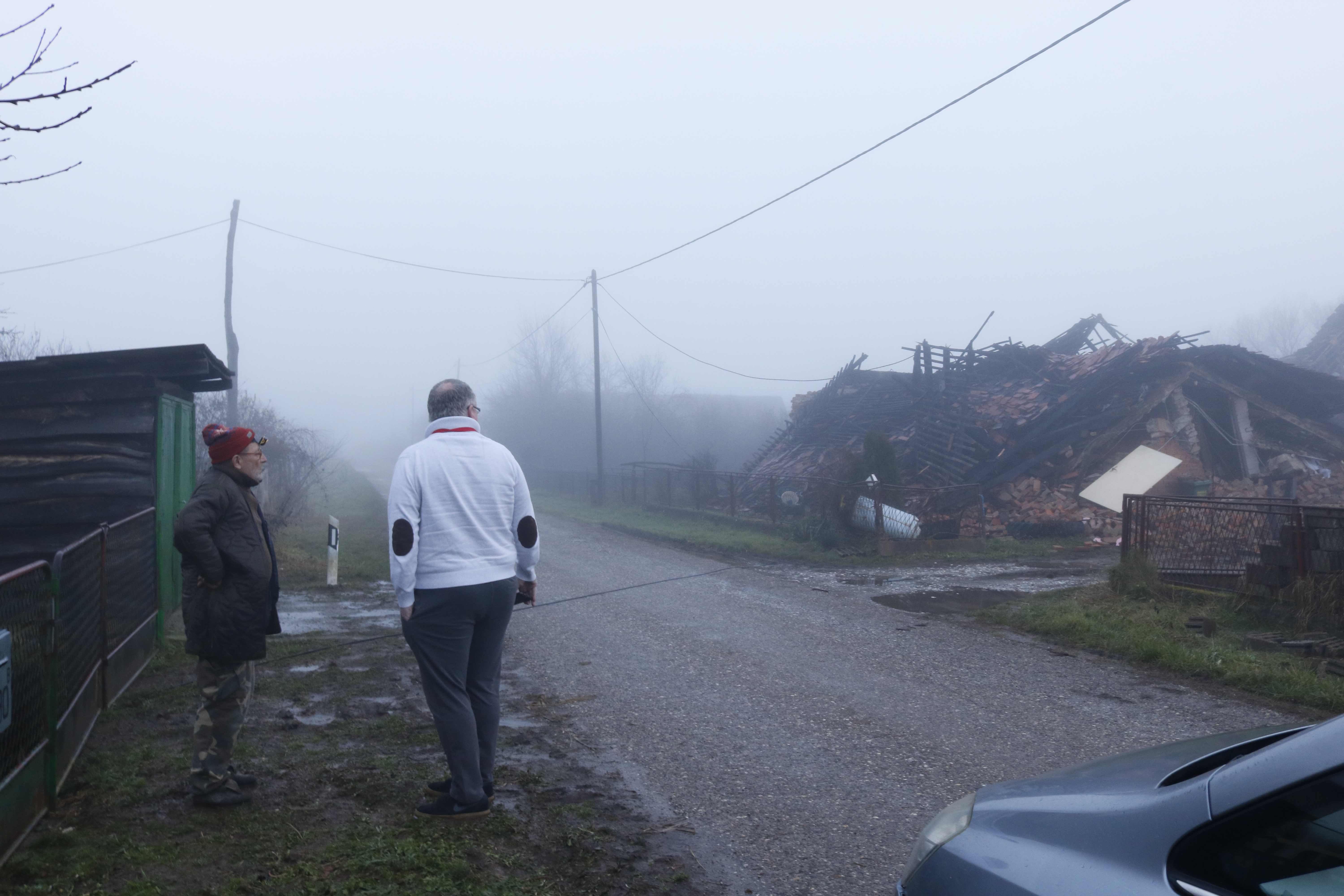
TCN's Paul Bradbury talks to Majske Poljane resident Vladimir who confirmed that, yes, the building across the lane had been a home, his neighbours had lived there just 24 hours earlier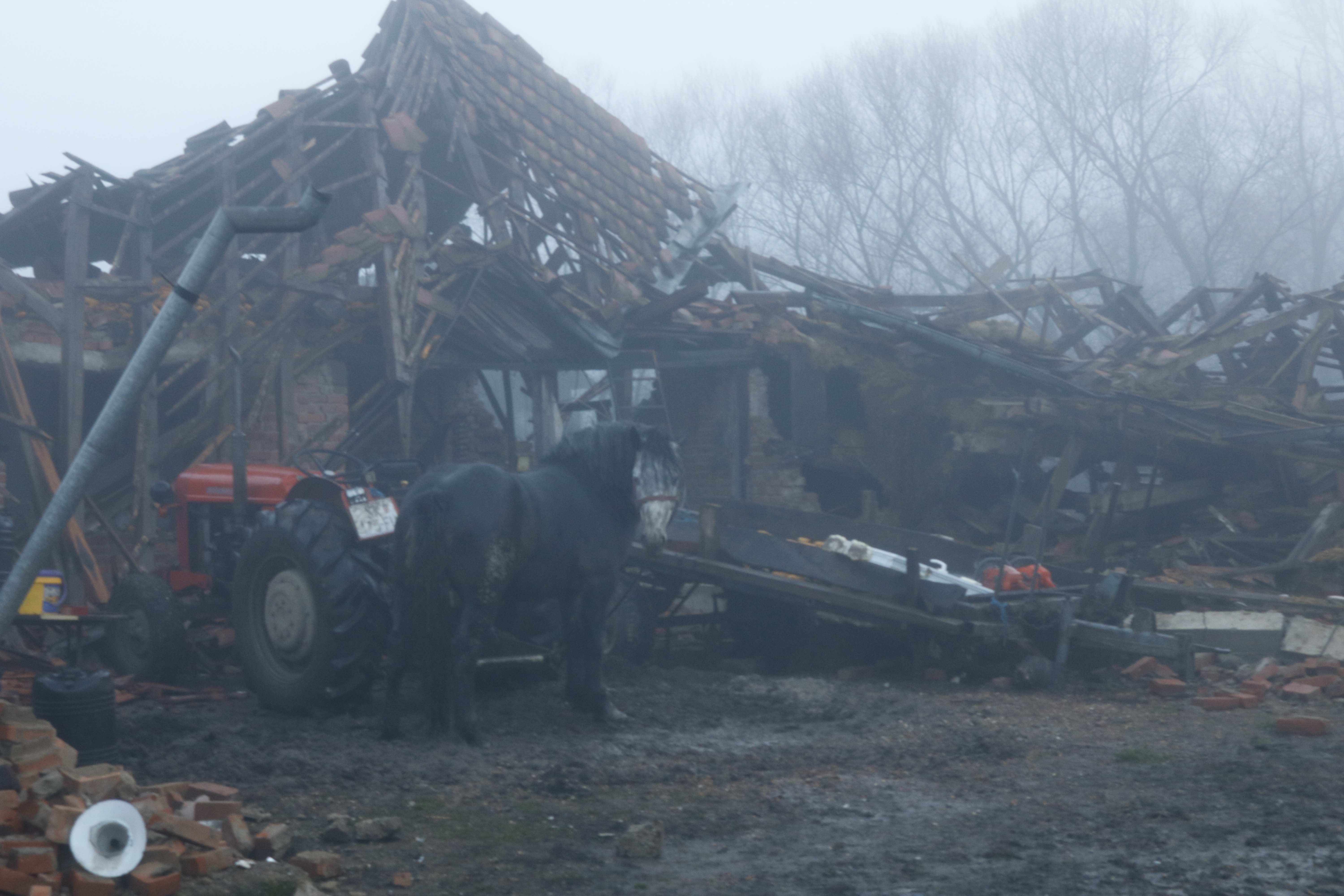
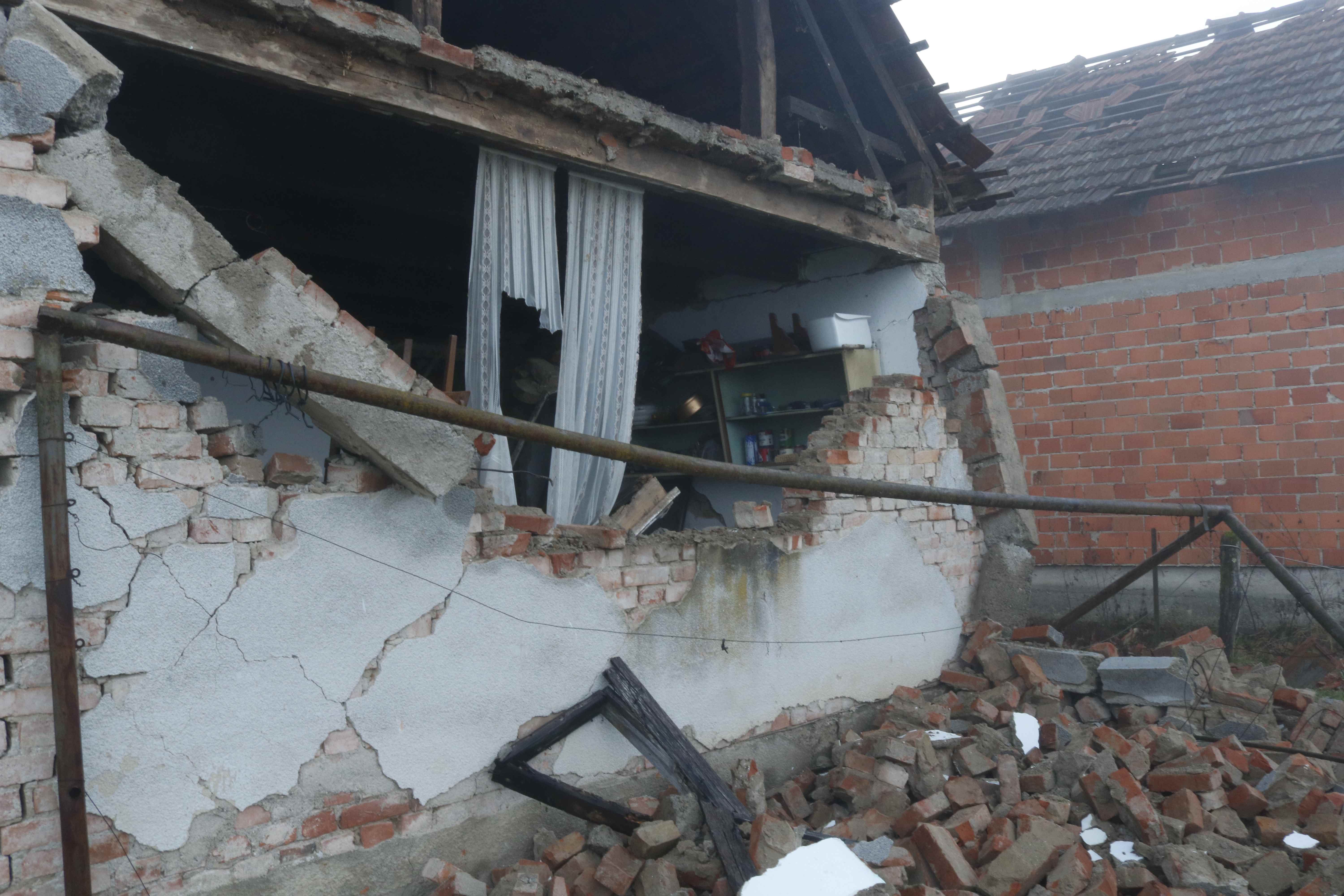
Doors of houses left ajar, windows collapsed, smashed and broken. Inside, you can see everyday lives, stopped suddenly, frozen in time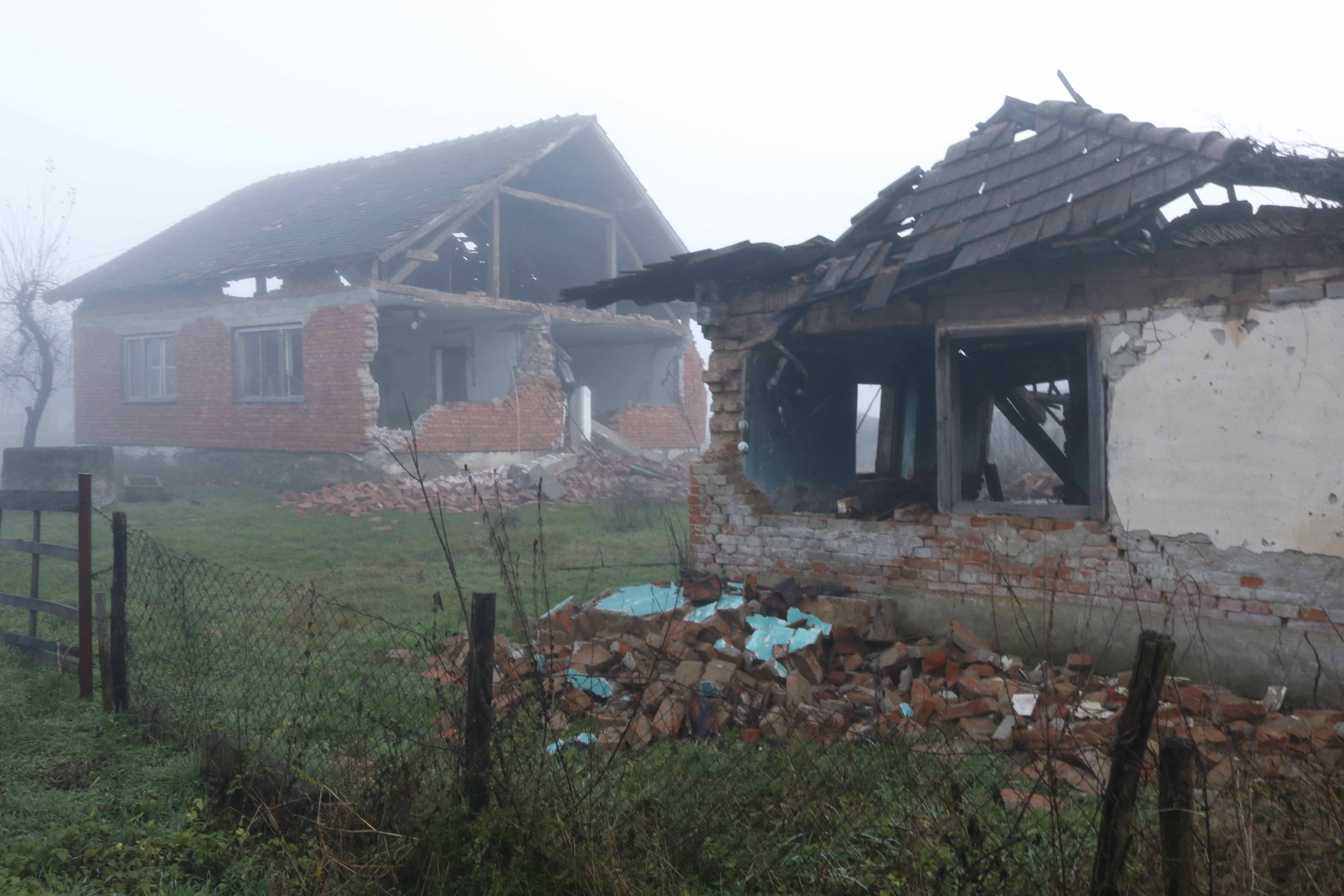
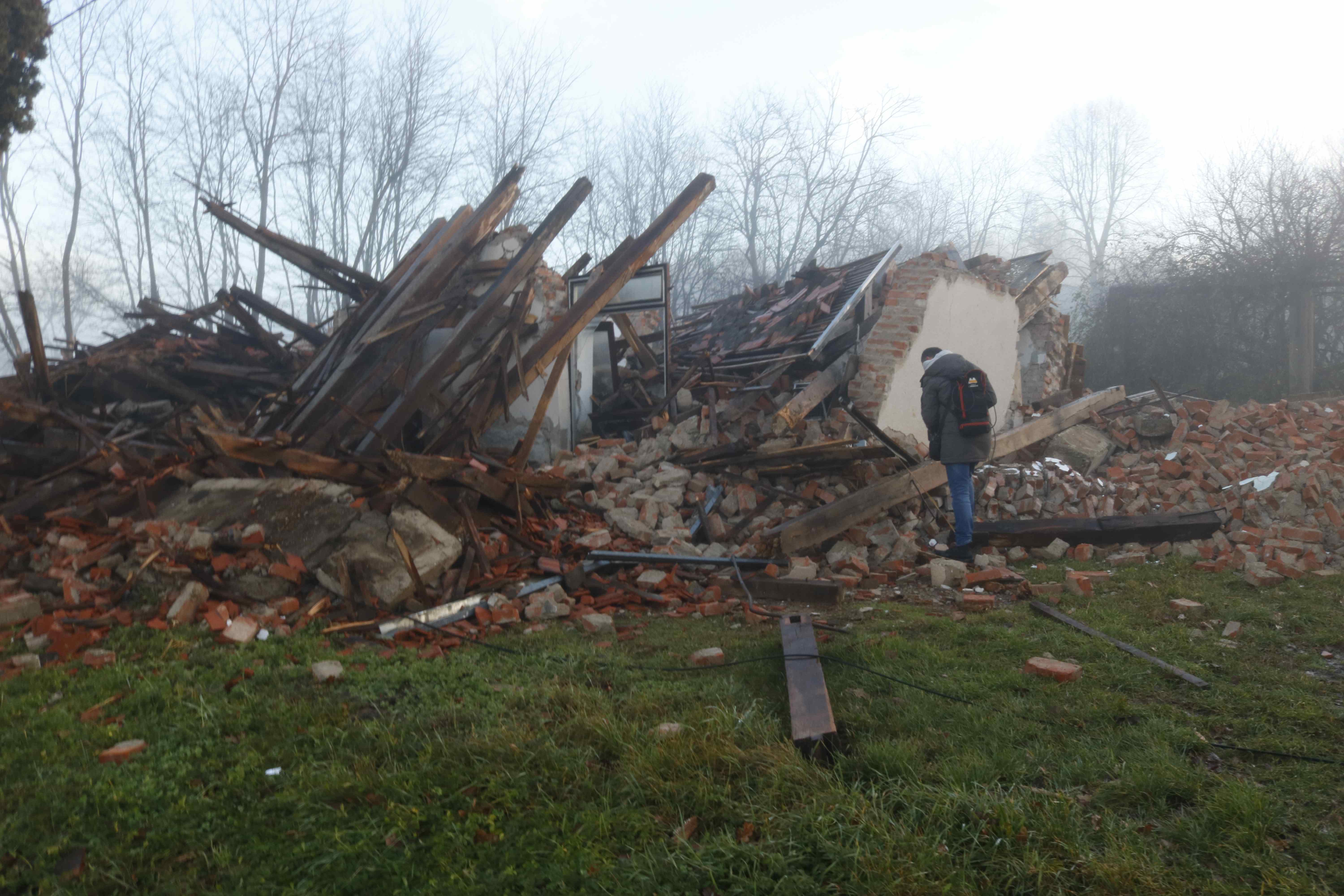
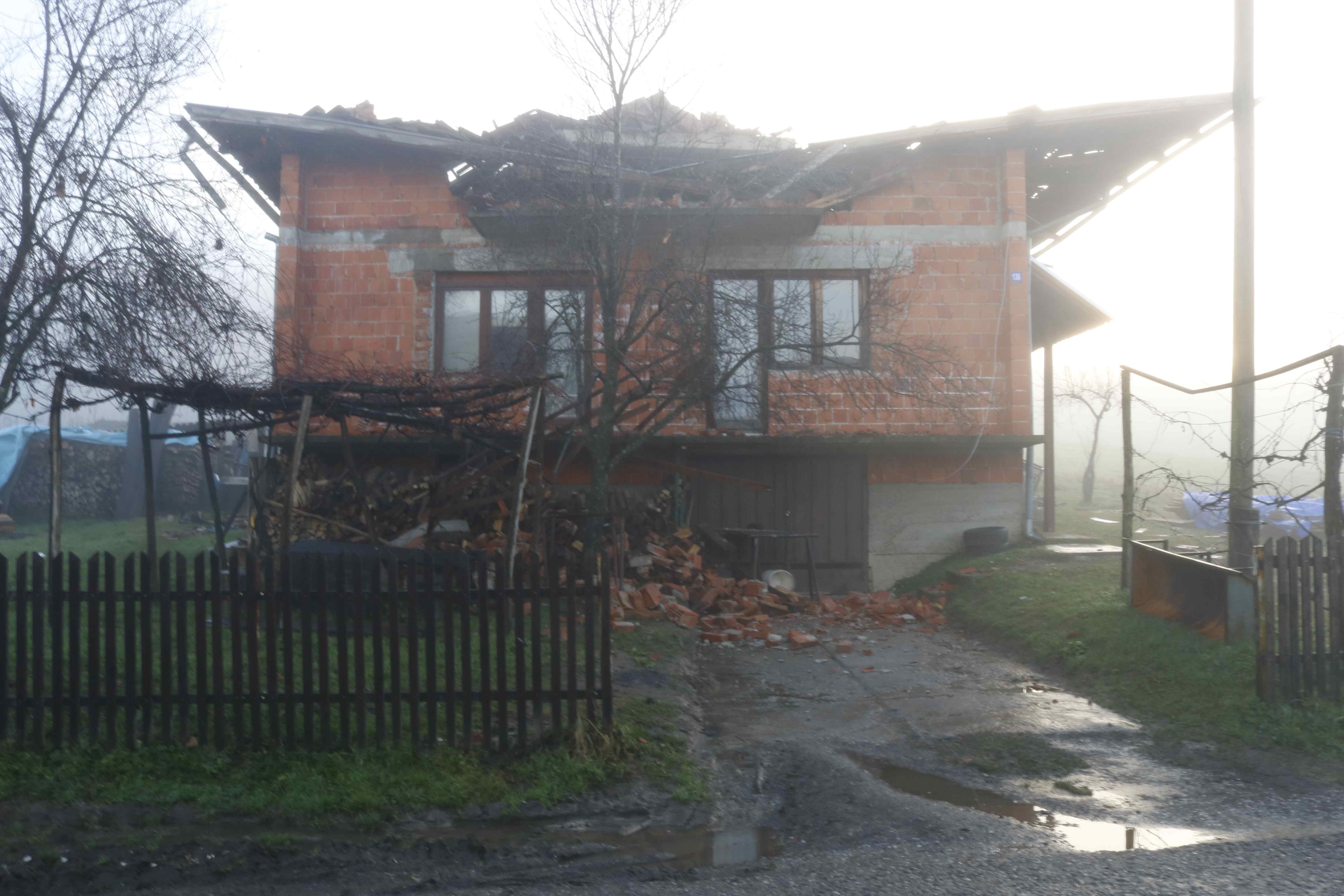
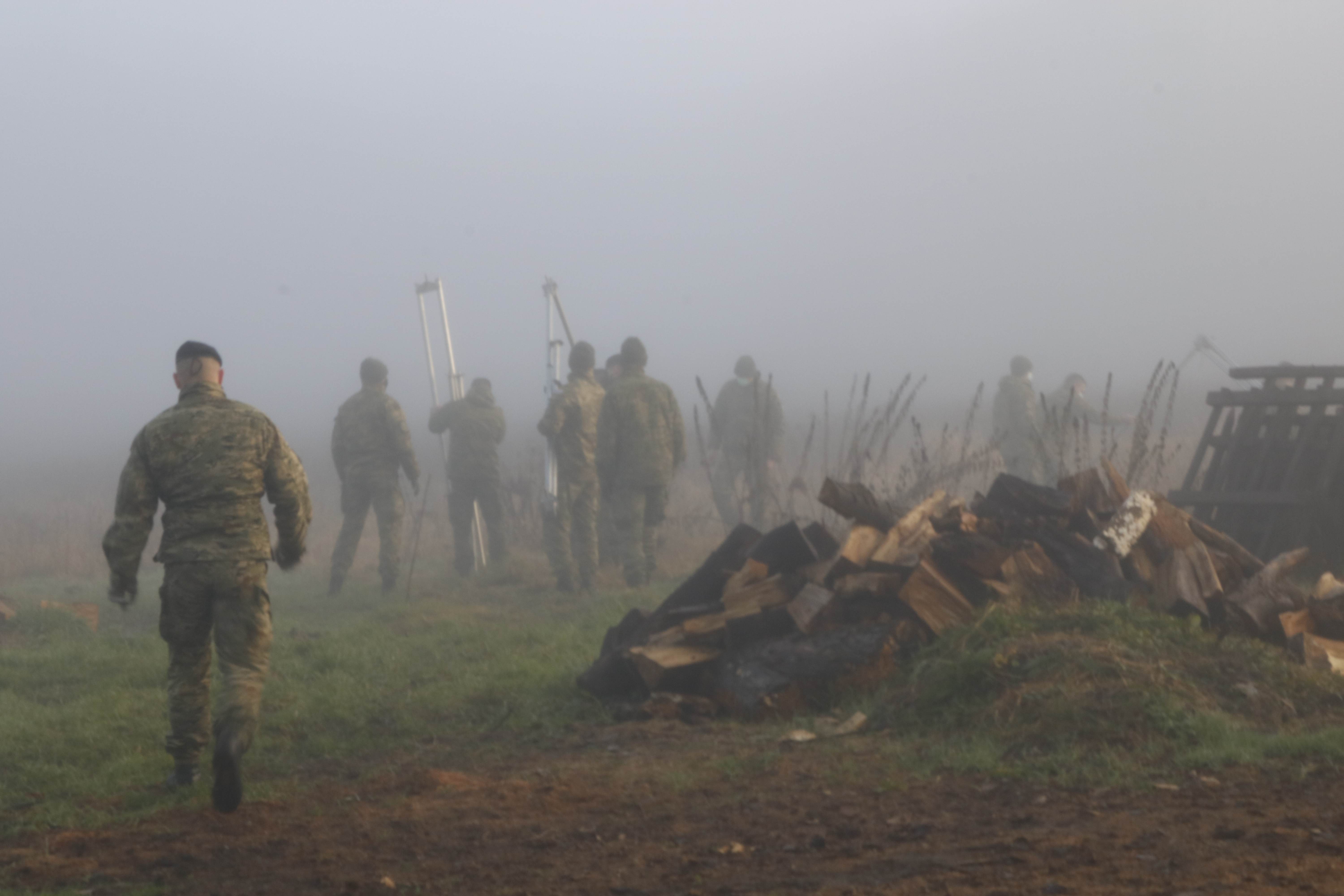
Croatian soldiers quickly constructing emergency shelters in the freezing fog of early morning. They came from all over Croatia. Unsure if their damaged houses were structurally safe, parents and children of Glina, surrounding villages and Petrinja stood in gardens and fields, keeping warm around fires. With no electricity, they cooked on barbecues.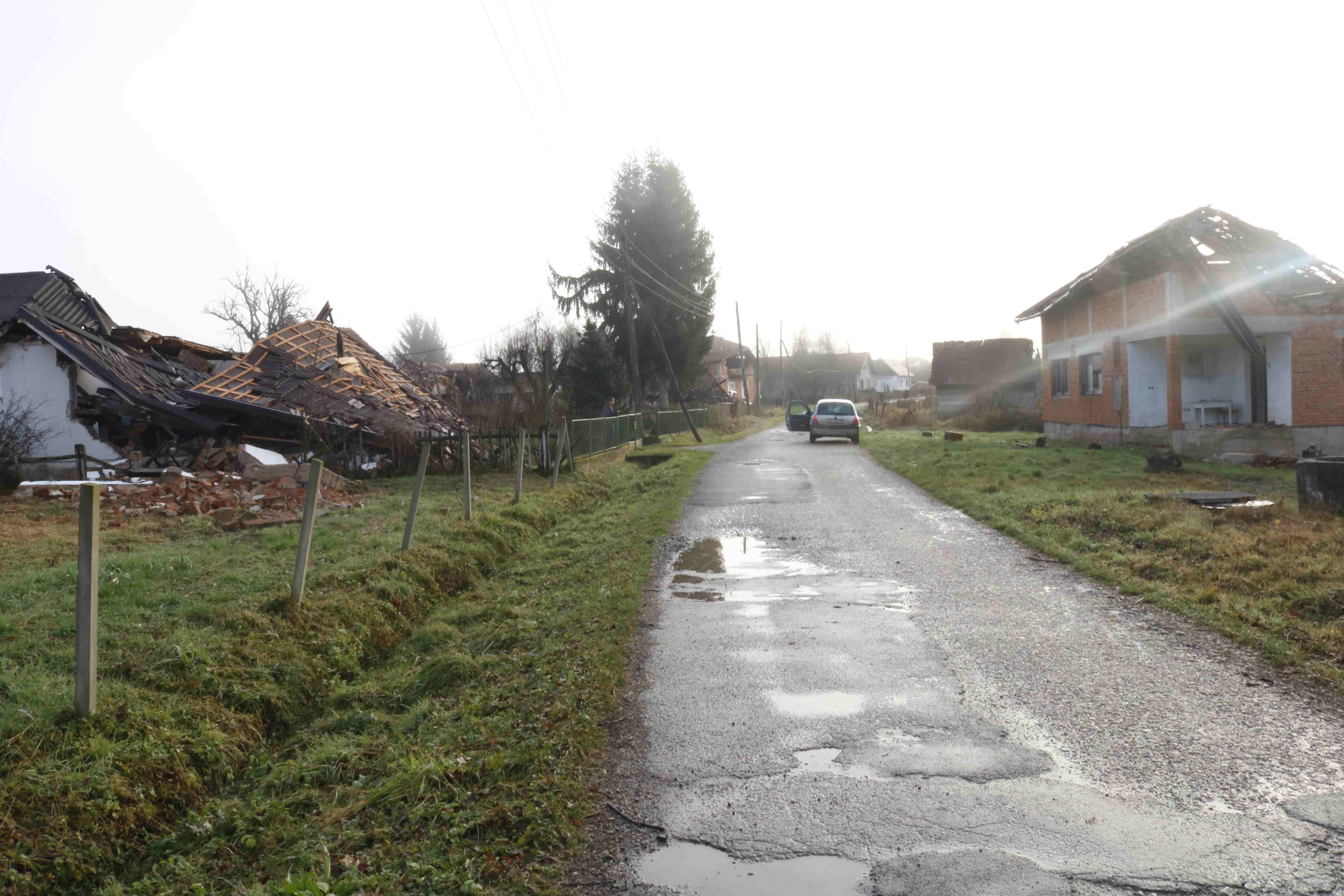
Majske Poljane seemed like the most silent place on earth. No single sound, not even bird song.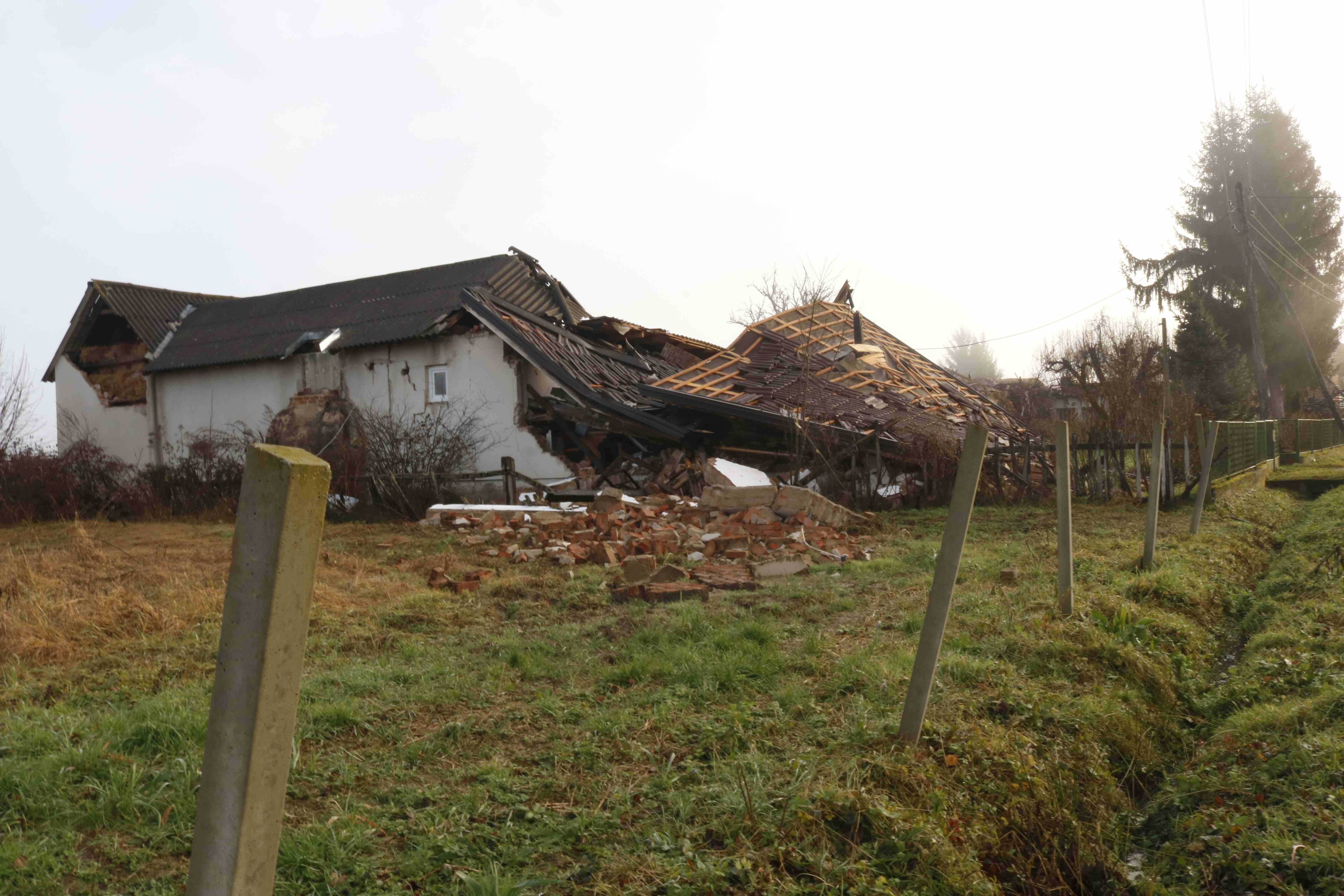
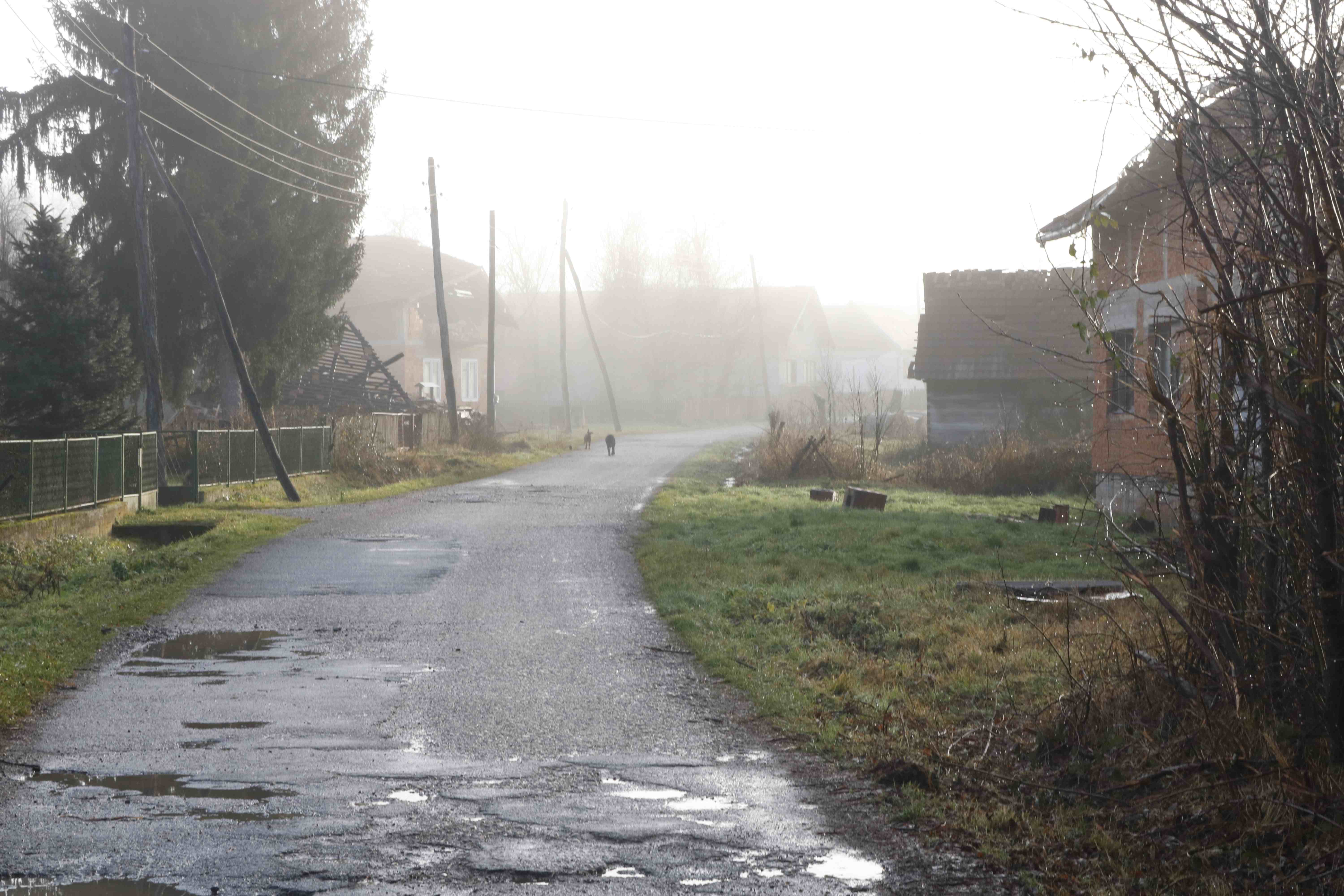
Even the three village dogs left behind padded around the wet road in silence
Glina

Croatian firefighters walk heavily through the mist-filled streets of Glina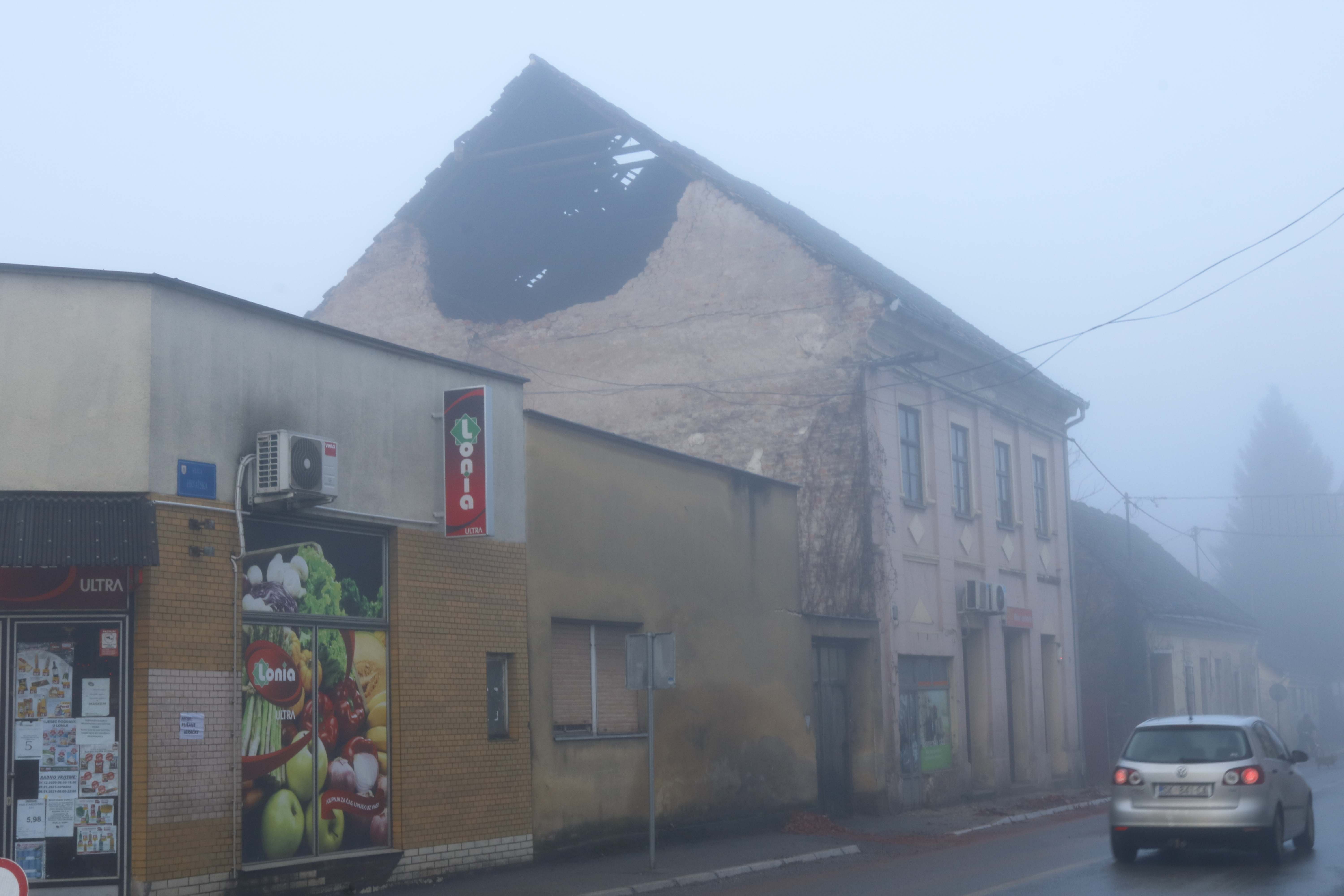
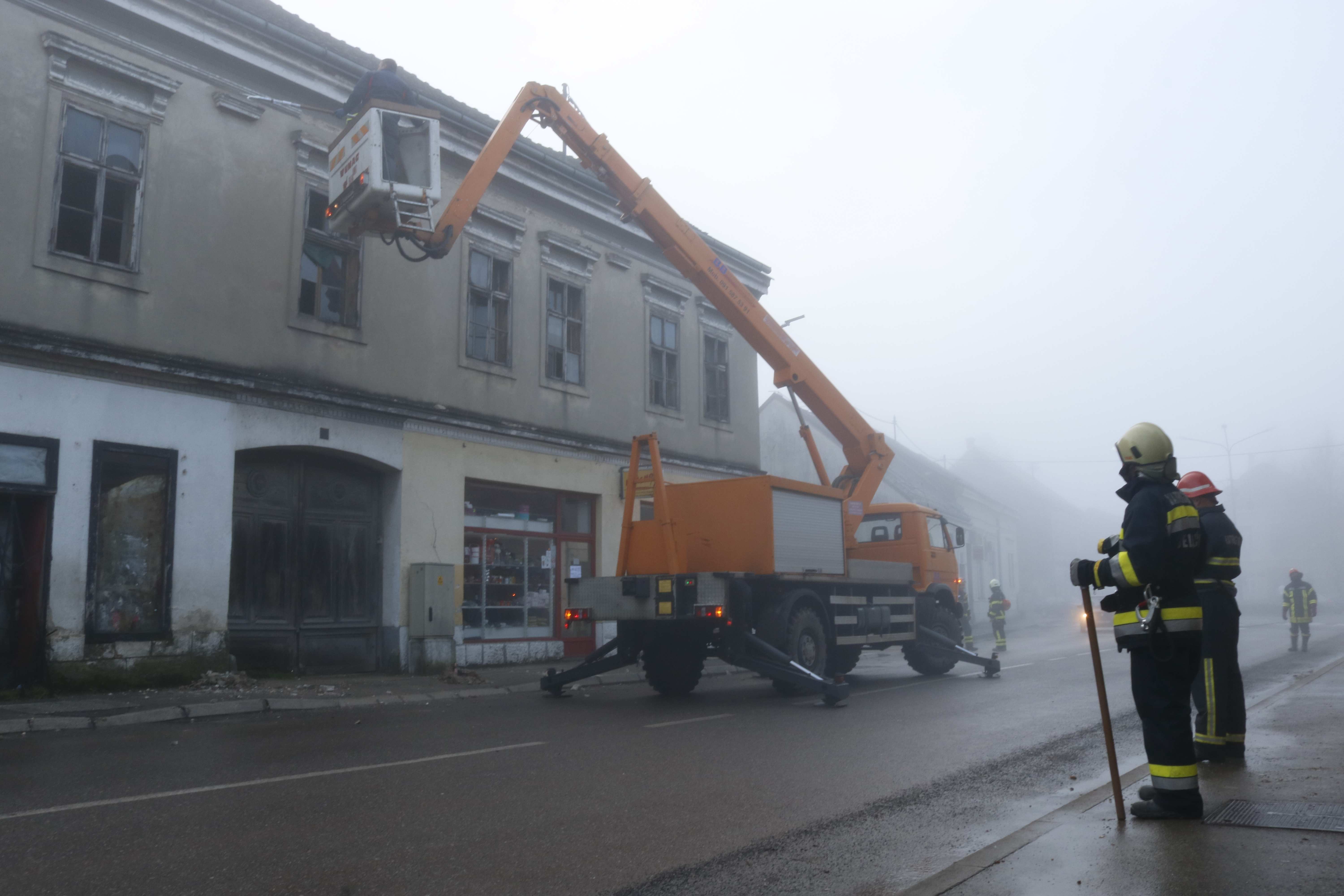
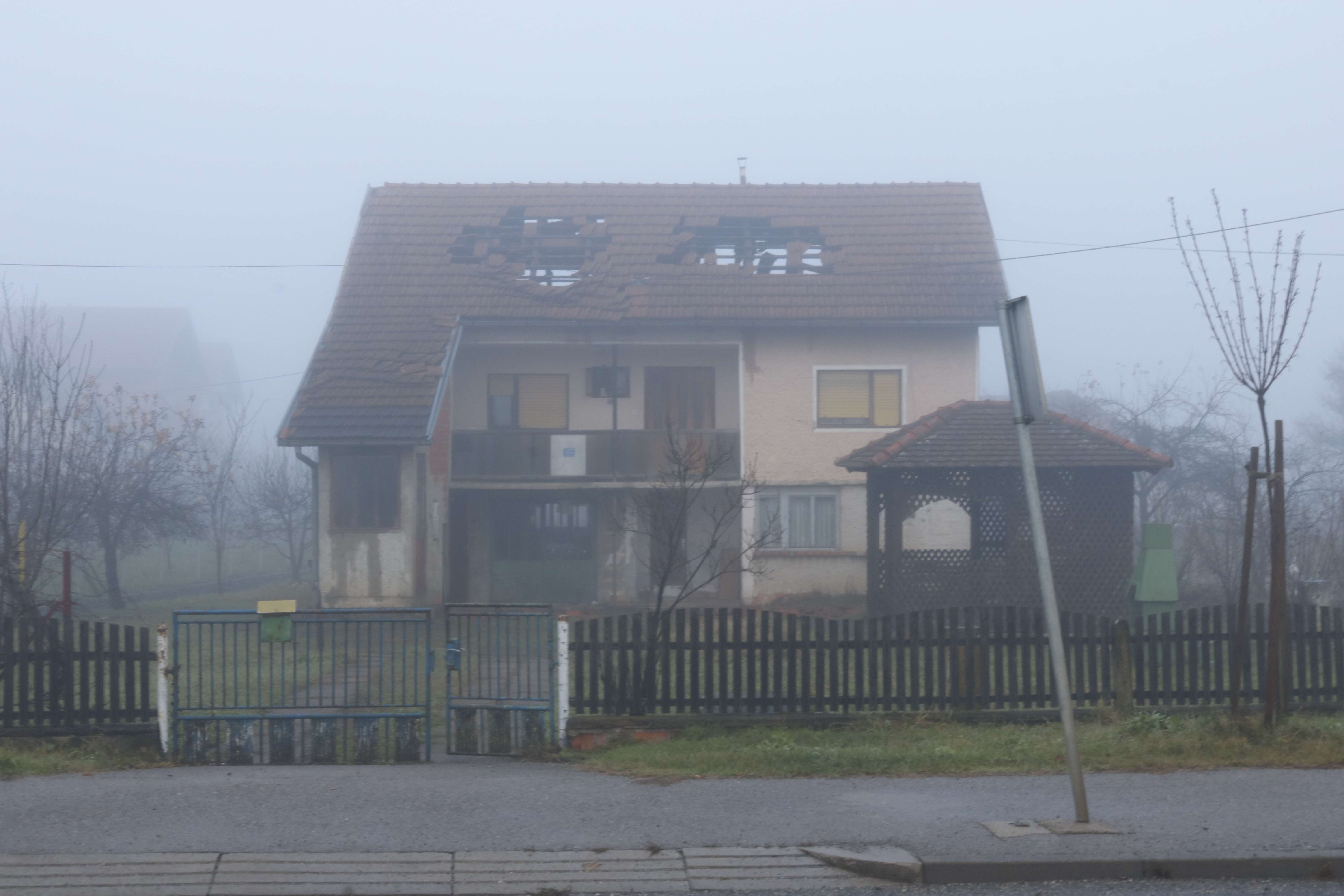
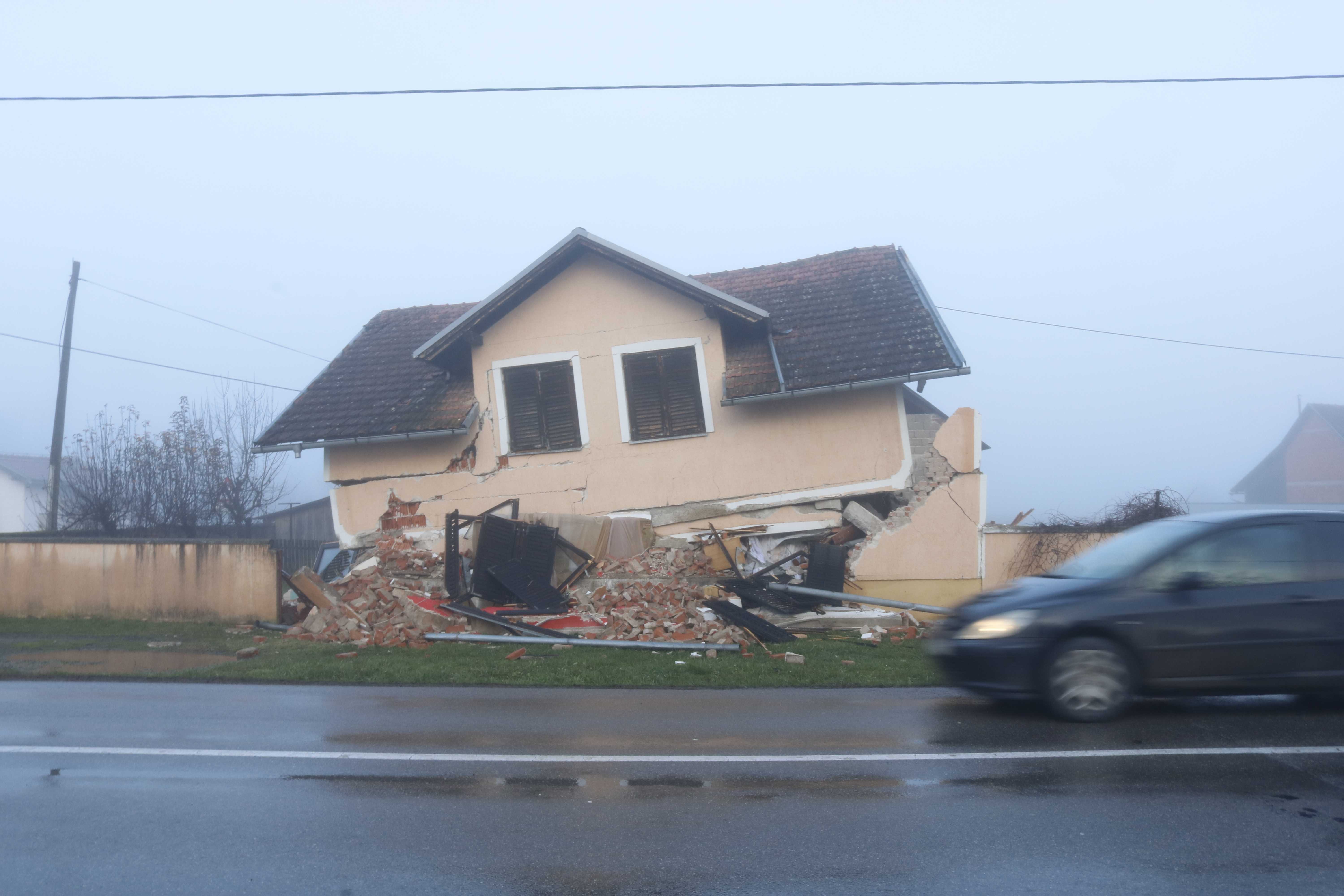
The entire upper floor of this house had collapsed, crushing completely the floor underneath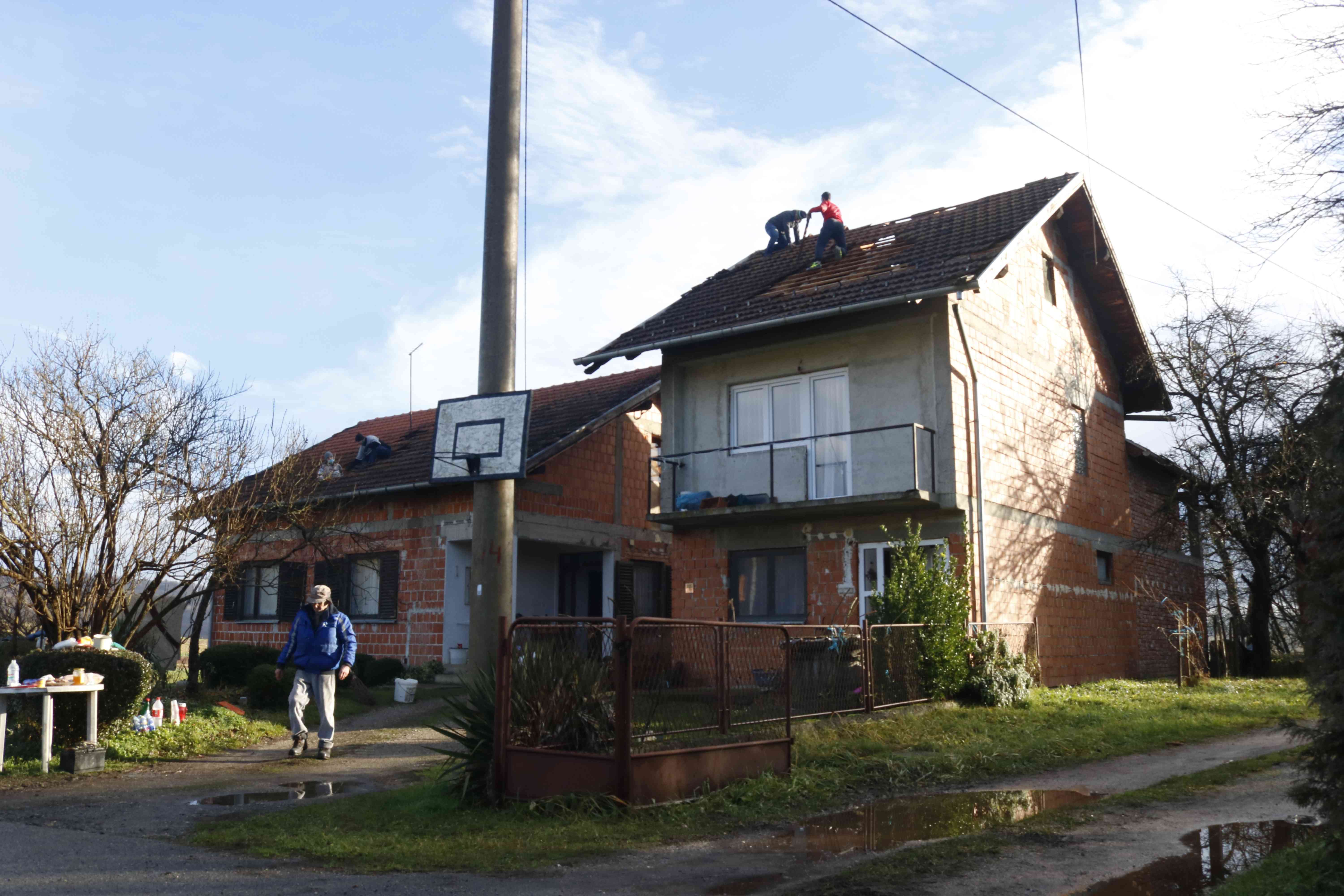
Volunteers at work on the roofs of two neighbouring houses, between Glina and Petrinja one day after the earthquake. The volunteers had come from all over Croatia
Petrinja one day after the earthquake

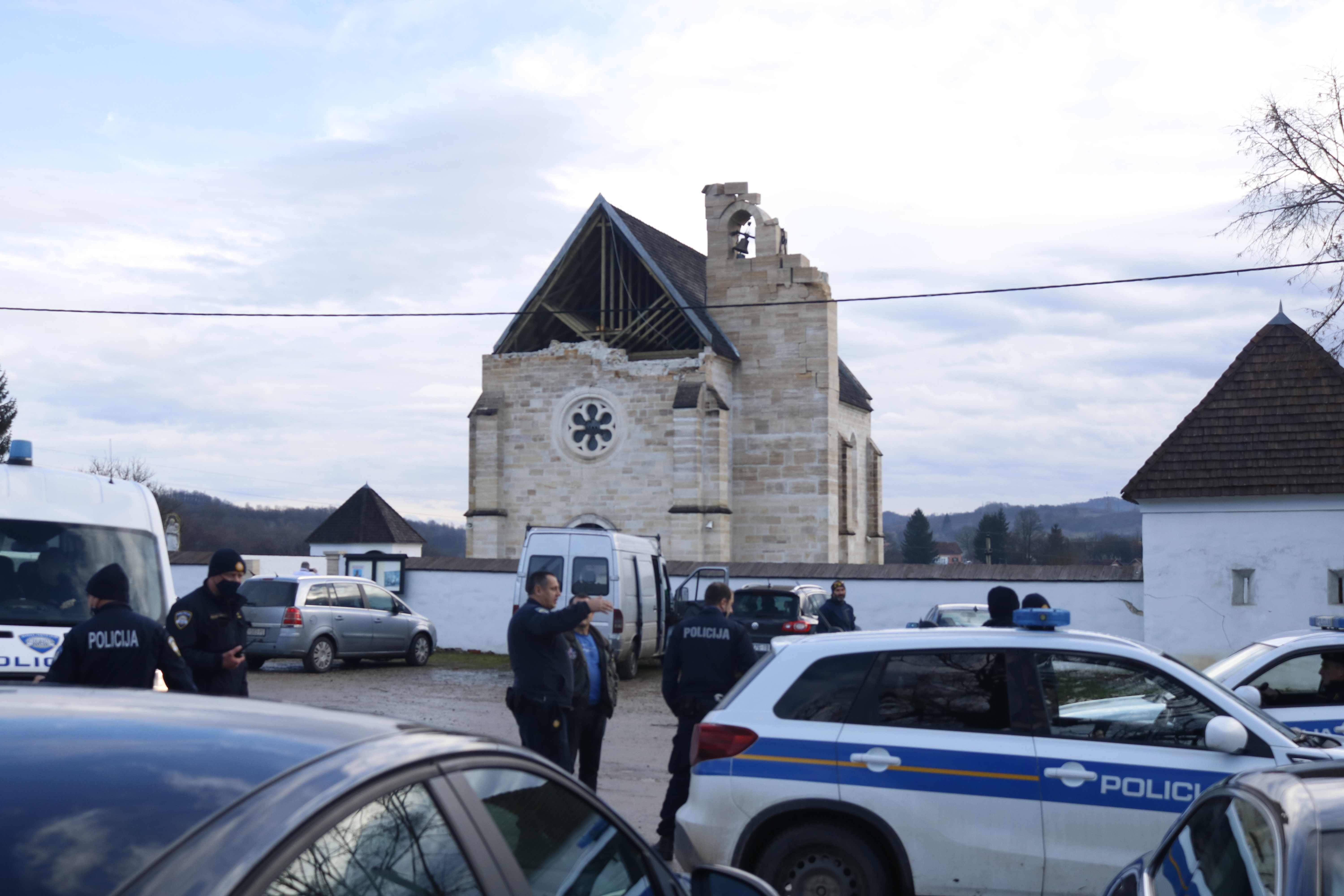
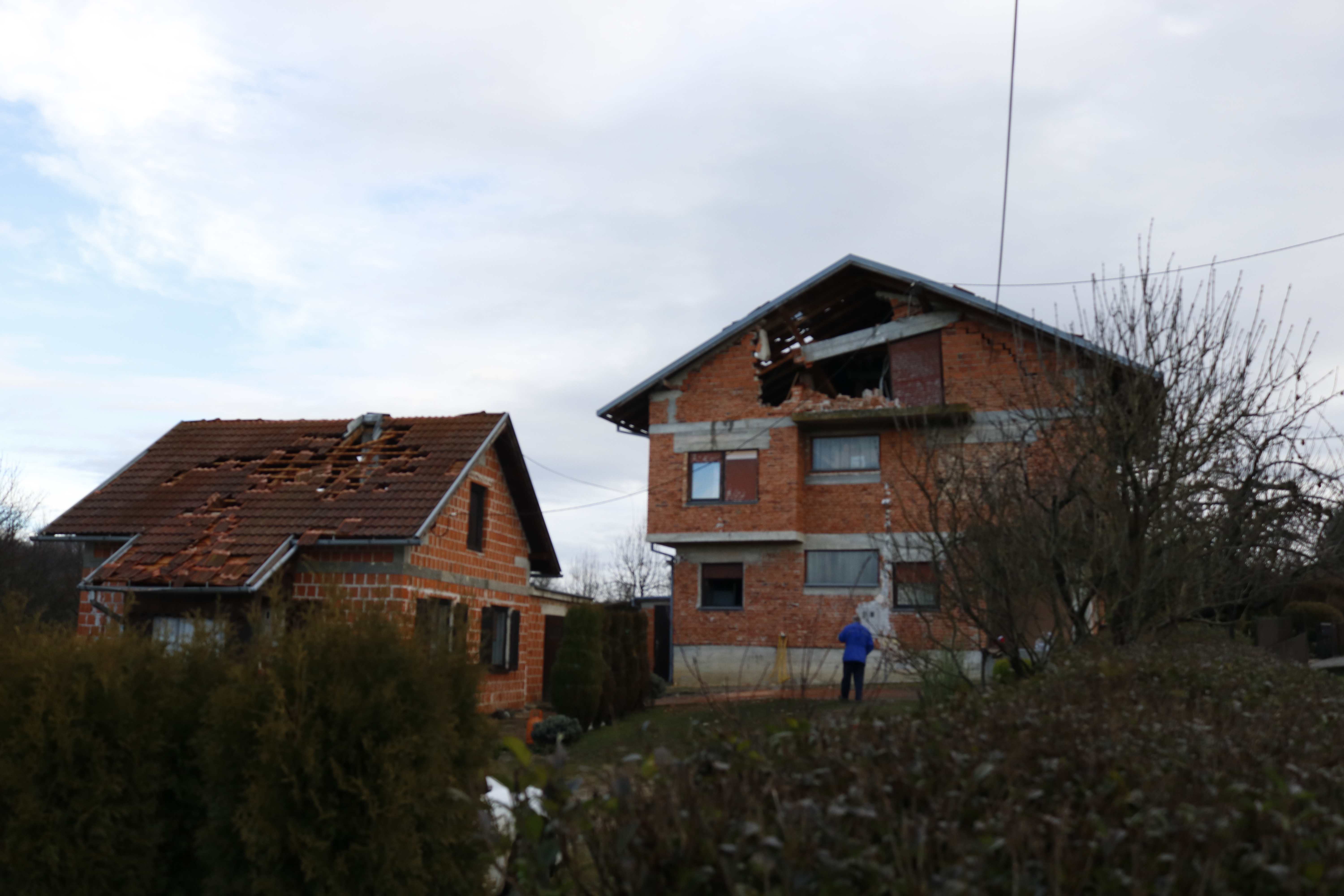
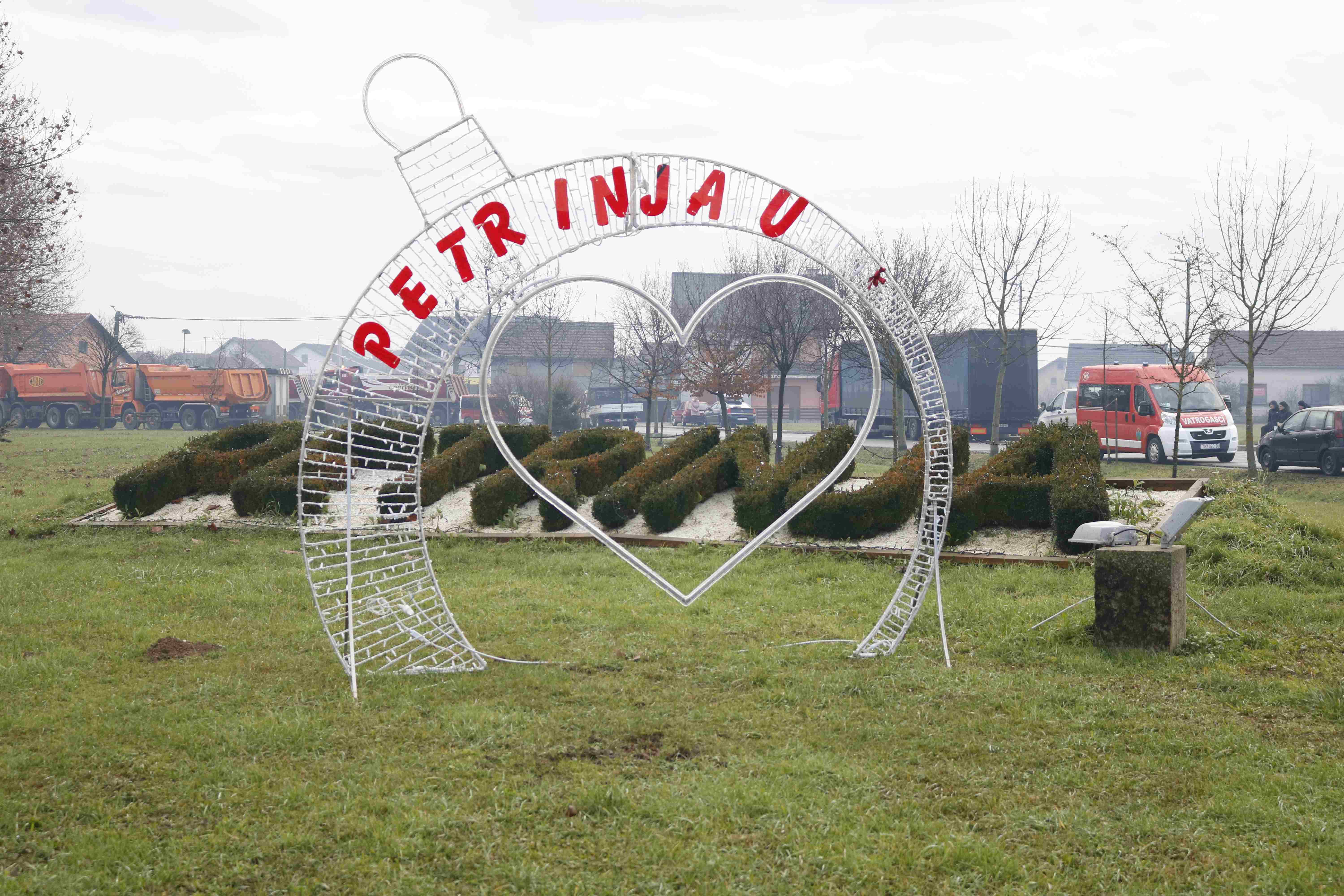
Even in the miserably wet winter weather, the greeting sign to Petrinja one day after the earthquake might still have looked cheery, if you couldn't see all the emergency vehicles in the background. 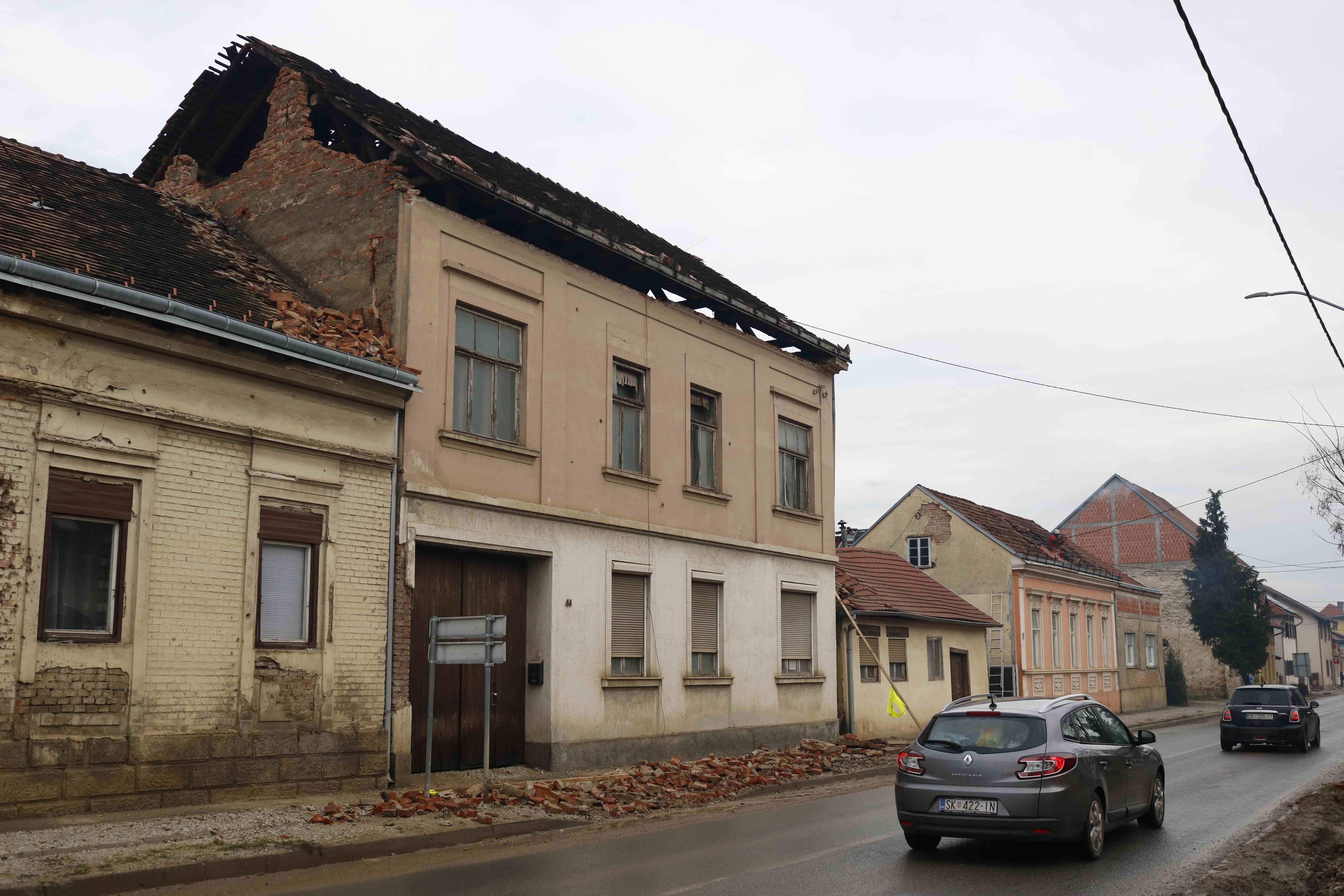
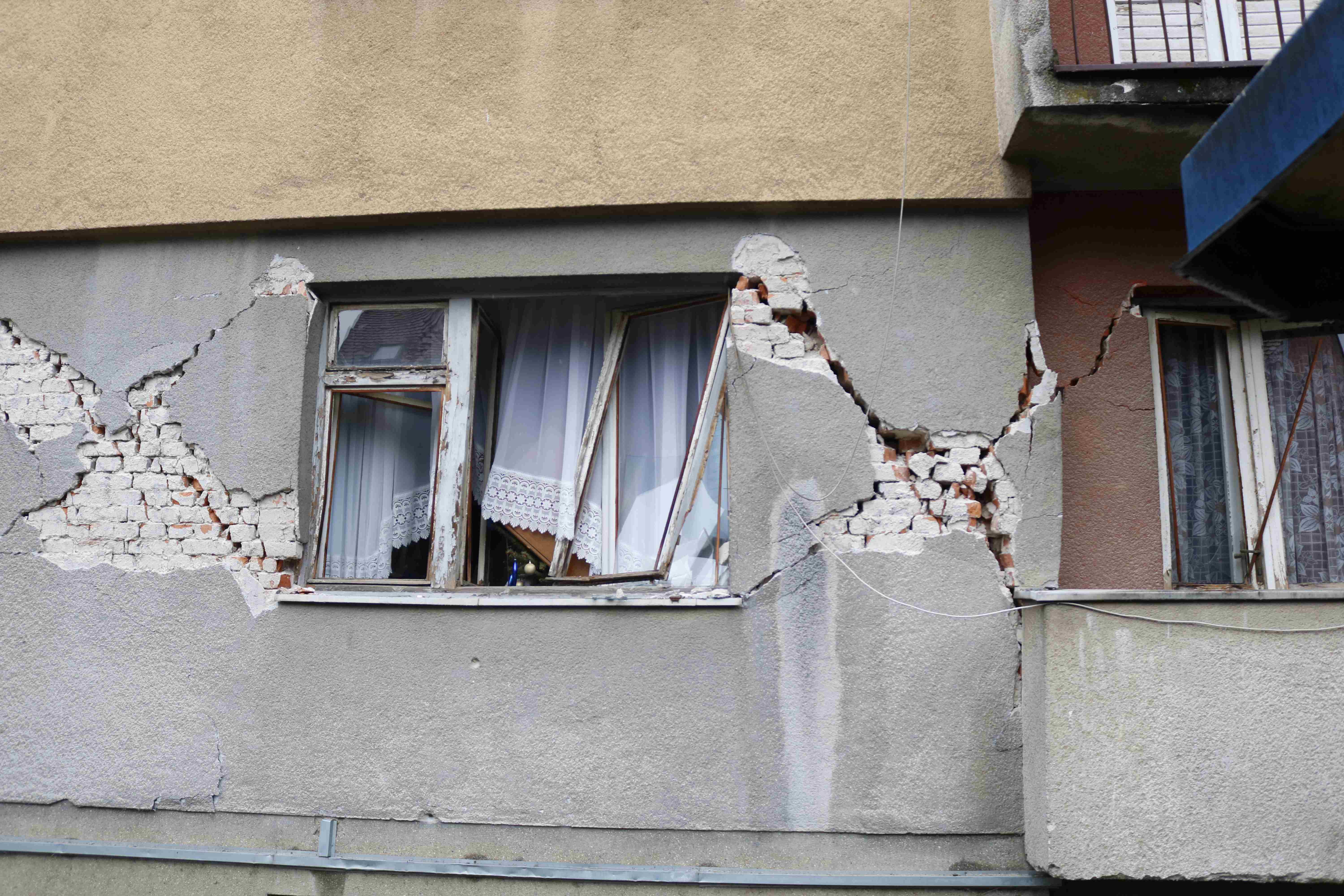
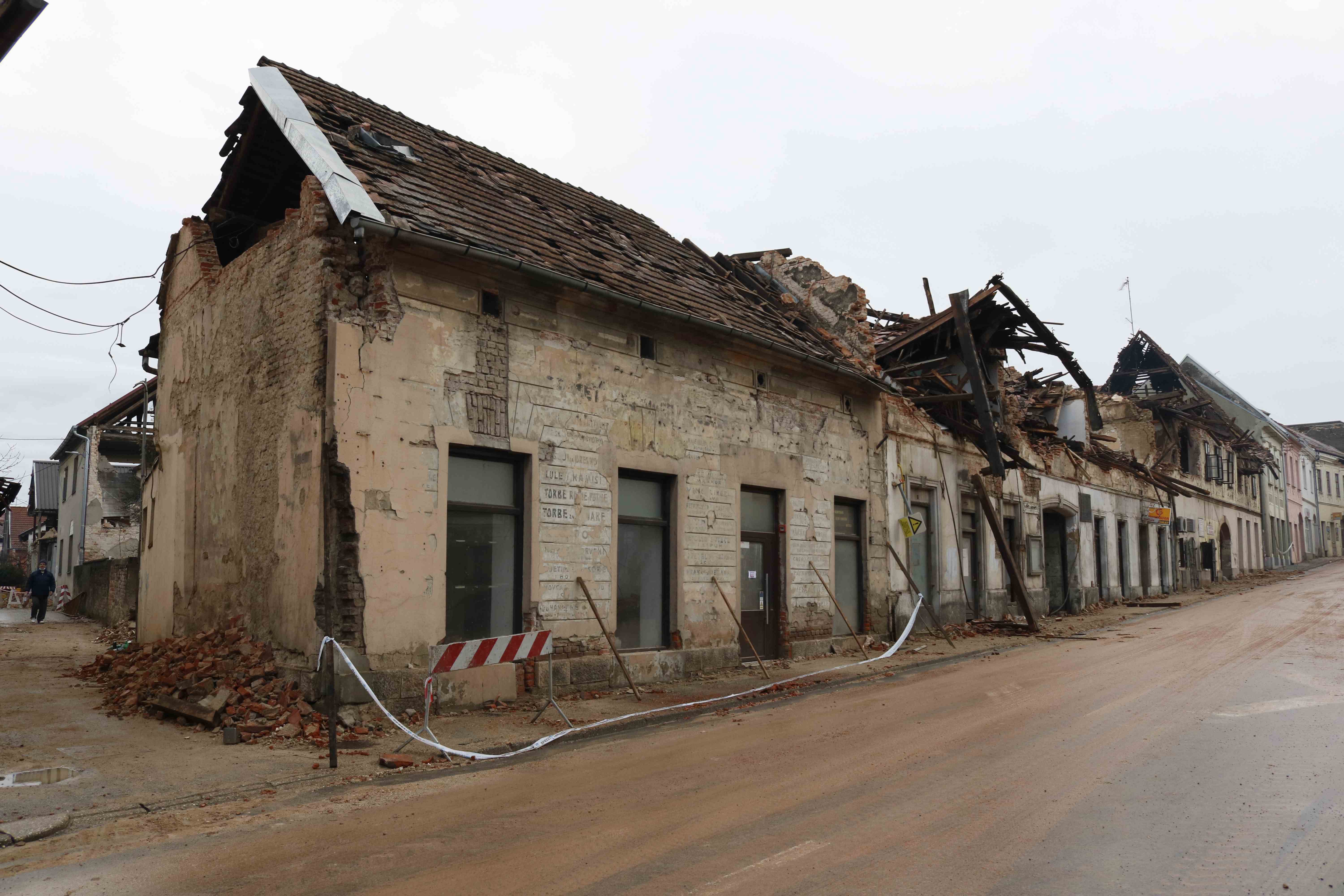
If you didn't know any better, these might look like damaged derelict buildings. But, 24 hours earlier, these had been a row of thriving storefronts, right in the centre of Petrinja one day after the earthquake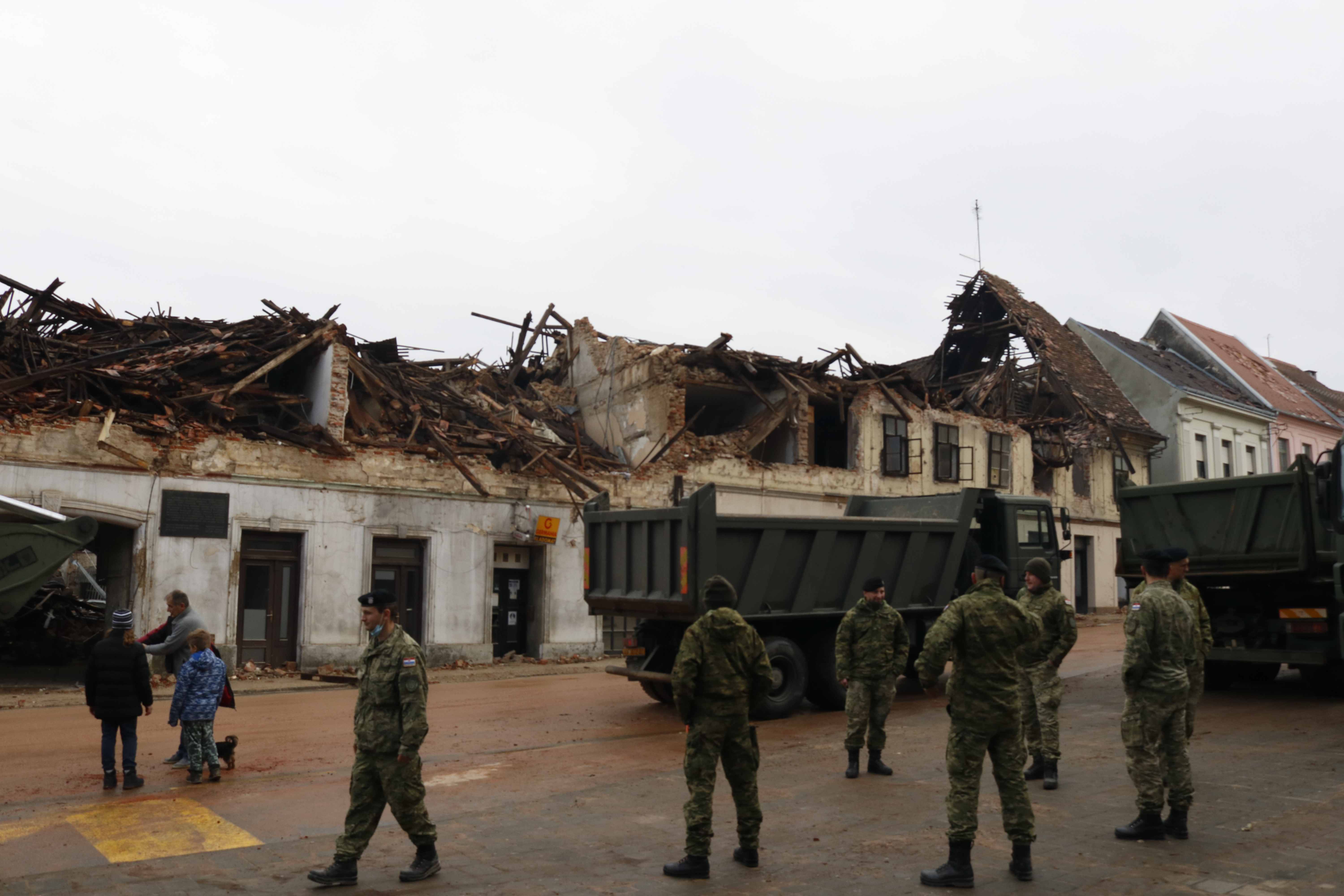
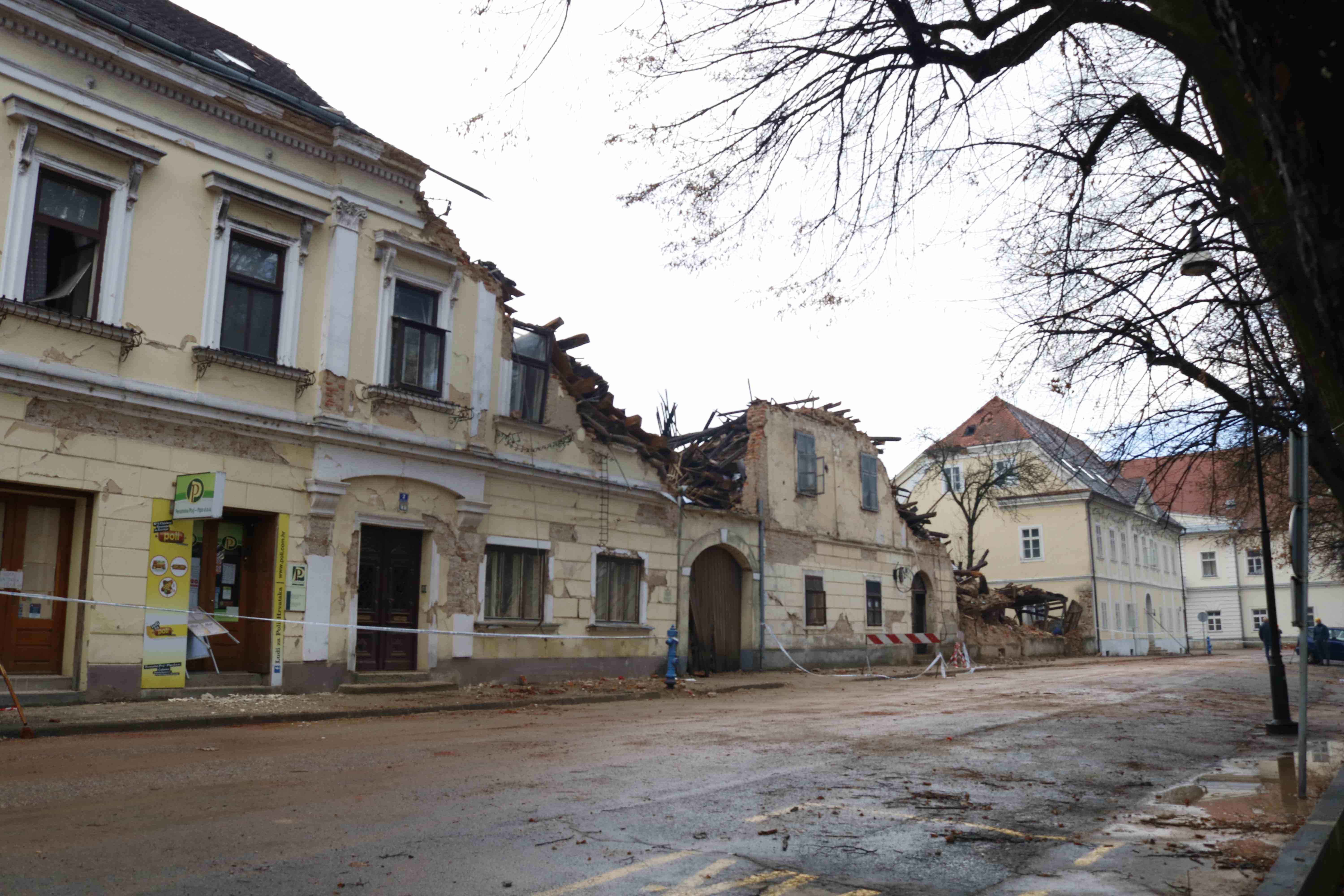
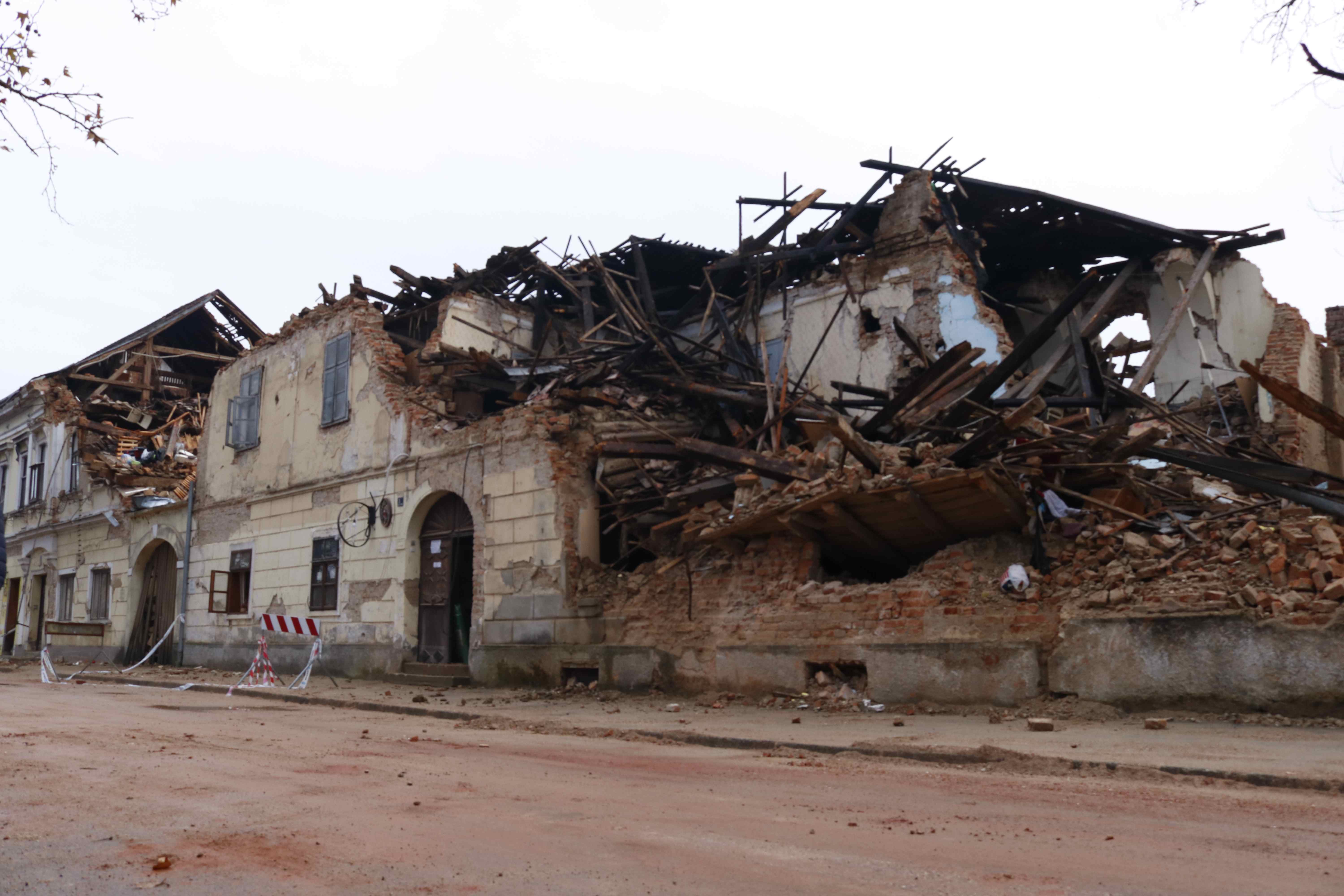
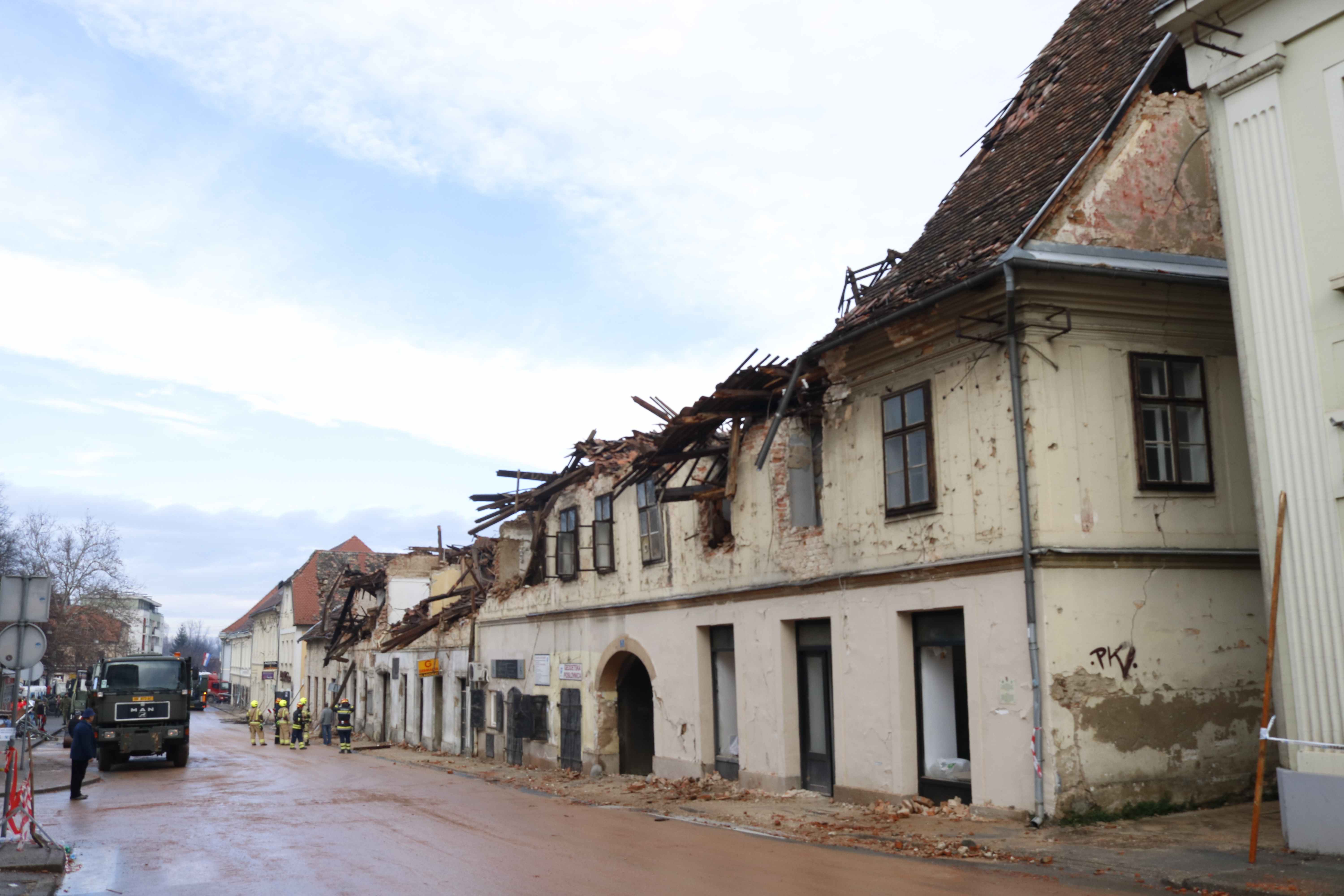
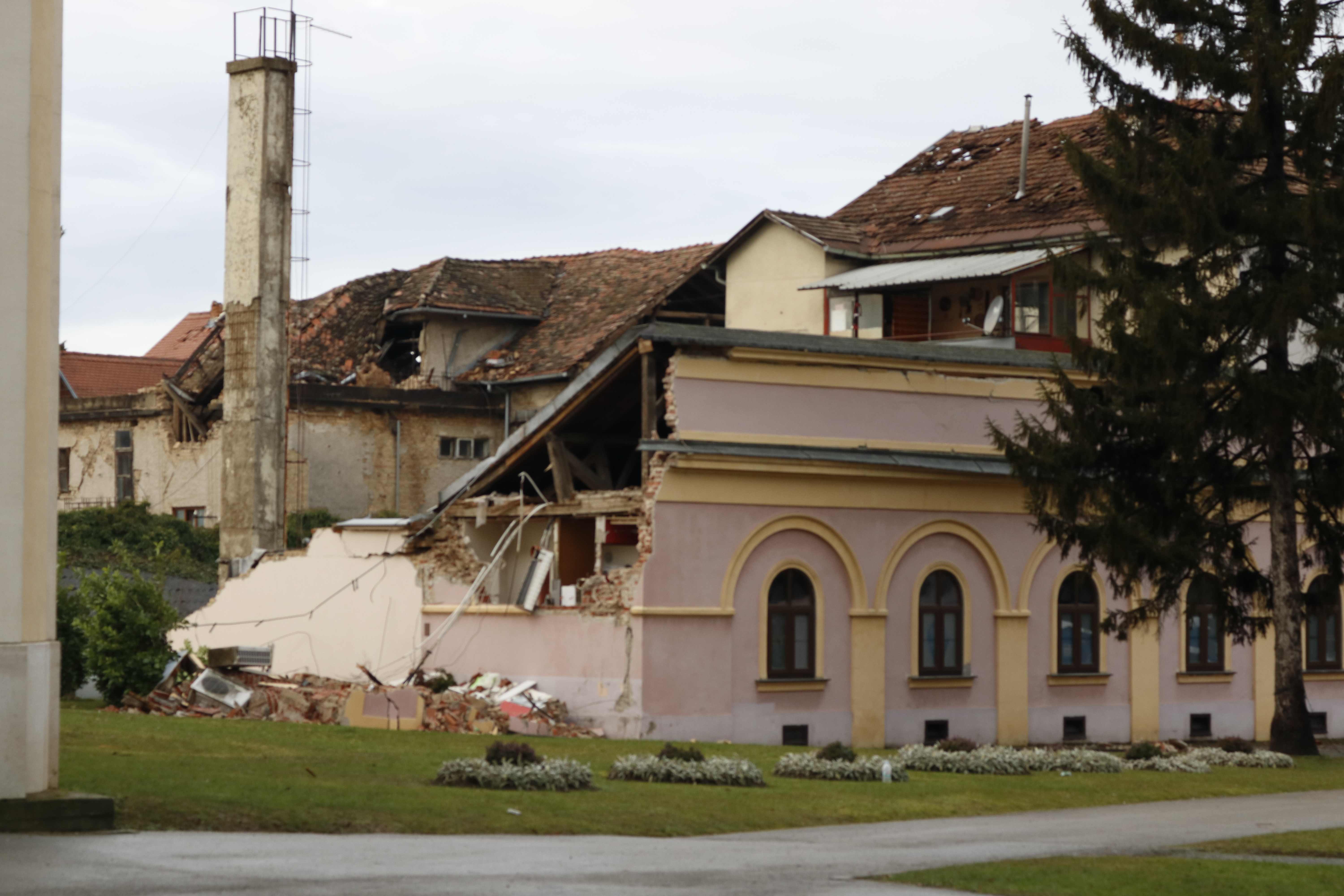
Sisak

Damage to the train station in Sisak. A considerably larger city than Petrinja one day after the earthquake, not one business we passed was working - no supermarkets, no fast-food restaurants. Nothing. Groups of teenagers roamed the streets with nothing to do and nowhere to go
Zazina

The Parish church of St. Nikola and Vida, Žažina near Petrinja one day after the earthquake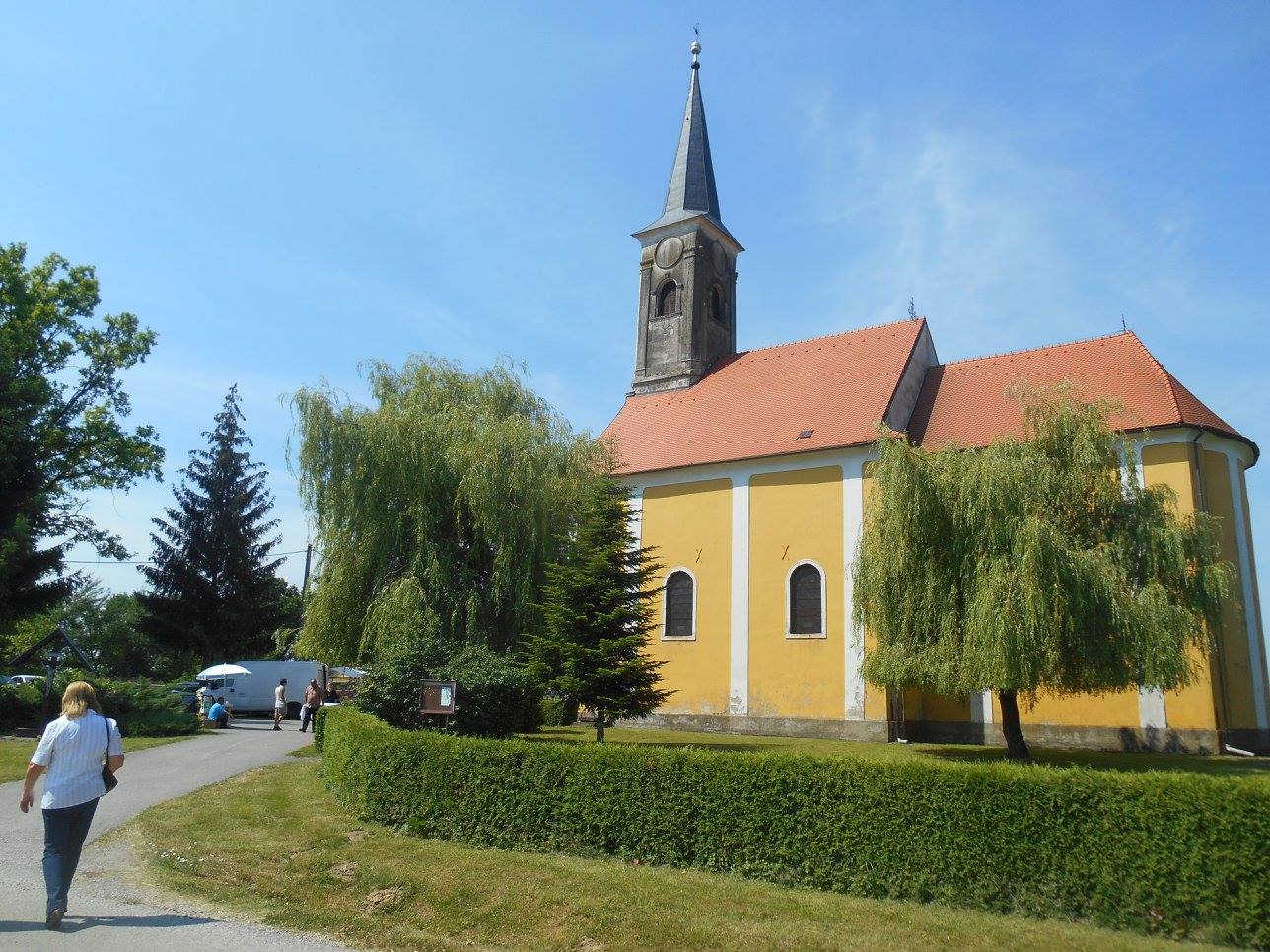
This is how the church had looked just one day earlier. A couple of metres from the church, remnants of the fire that parishioners had gathered around on Badnjak (Christmas Eve). We later learned that the church organist had been cleaning the organ when the earthquake struck, and tragically he was killed. 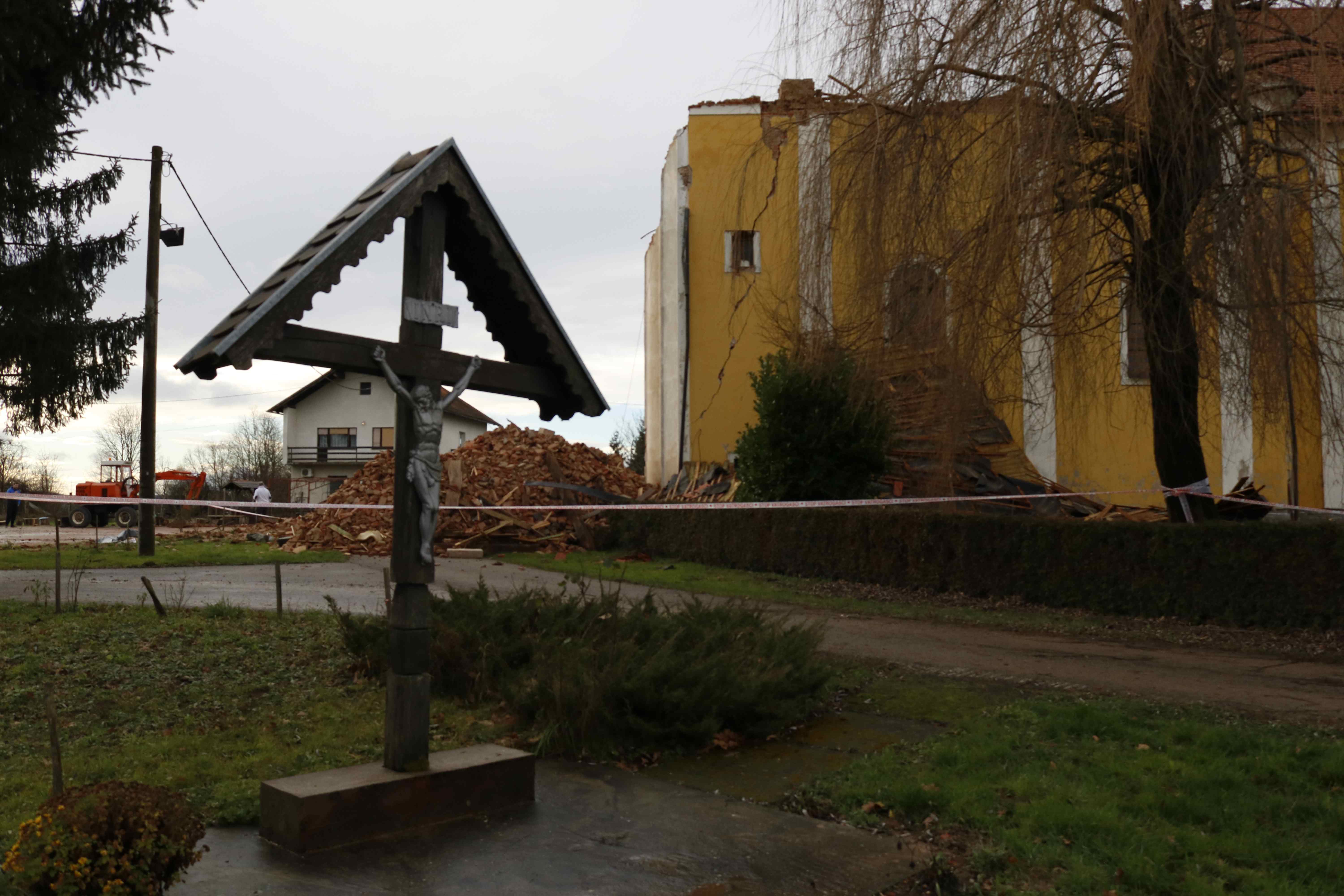
Photo of the Parish church of St. Nikola and Vida, Žažina courtesy of the church, all other photos © Marc Rowlands
Minister Says Organised Post-Earthquake Reconstruction to Start in Early Spring
ZAGREB, November 6, 2020 - Construction Minister Darko Horvat said on Friday that the organised post-earthquake reconstruction of Zagreb and Krapina-Zagorje and Zagreb counties would start in early spring and that EU funds for that purpose should be paid already around December 1.
"A certain number of projects are nearing completion and we will start with them. I am optimistic that organised reconstruction will start already in early spring," Horvat said after a meeting of an expert group in charge of EU reconstruction grants.
The minister said that requests for the payment of close to HRK 80 million worth of finished reconstruction work had arrived, adding that of around 130 facilities in the education system requiring reconstruction, 119 had been repaired.
Horvat dismissed as insinuation claims that one was stalling with reconstruction and that nothing was being done in that regard.
The Fund for the Reconstruction of the City of Zagreb, Krapina-Zagorje and Zagreb Counties has been formally registered today, Horvat said, noting that the fund will primarily be in charge of the process of reconstruction of privately-owned houses and apartment buildings.
He said that more than HRK 250 million had been secured from the state budget for the Fund's work and that at the moment there was sufficient funding for organised reconstruction in Zagreb and the two counties in 2021, 2022 and 2023.
The rest of the European money will arrive when the triage is completed and when the European Commission, European Parliament and European Council reach agreement, Horvat said, noting that this could happen around December 1.
18-month deadline to justify money spent
Once the EC pays the entire amount for reconstruction work, totalling €683.7 million, an 18-month deadline starts running during which the amount spent will have to be justified, he said.
The deadline for the establishment of a mechanism to supervise how the money is spent is November 15, Horvat said, adding that a decision on the matter would be ready by the government session next Thursday, when implementation bodies in the competent ministries would be determined.
After the government session, the relevant documents will be sent to Brussels and information on their verification or necessary correction will arrive soon, meaning that a formal decision will arrive by December 1, after which payments will be made into the state budget. The finance minister will then distribute the HRK 5.1 billion for reconstruction work among government departments, said Horvat.
At a recent session the government approved the establishment of the Fund for the Reconstruction of the City of Zagreb and Krapina-Zagorje and Zagreb Counties, appointing Damir Vandjelic its temporary director.
PM Andrej Plenkovic said that the signing of the agreement on the Fund's establishment marked the formal beginning of reconstruction work in Zagreb following the March 22 earthquake.


